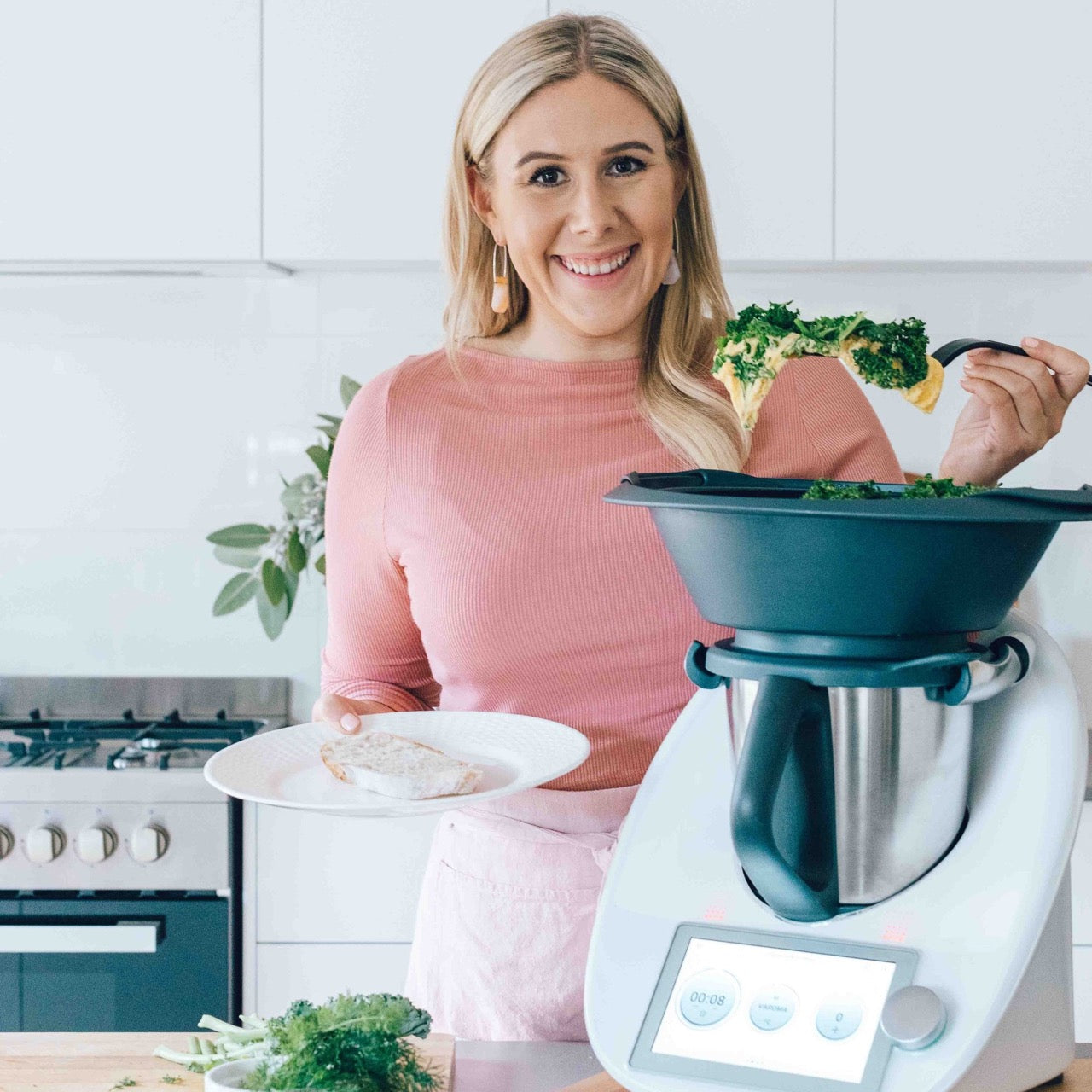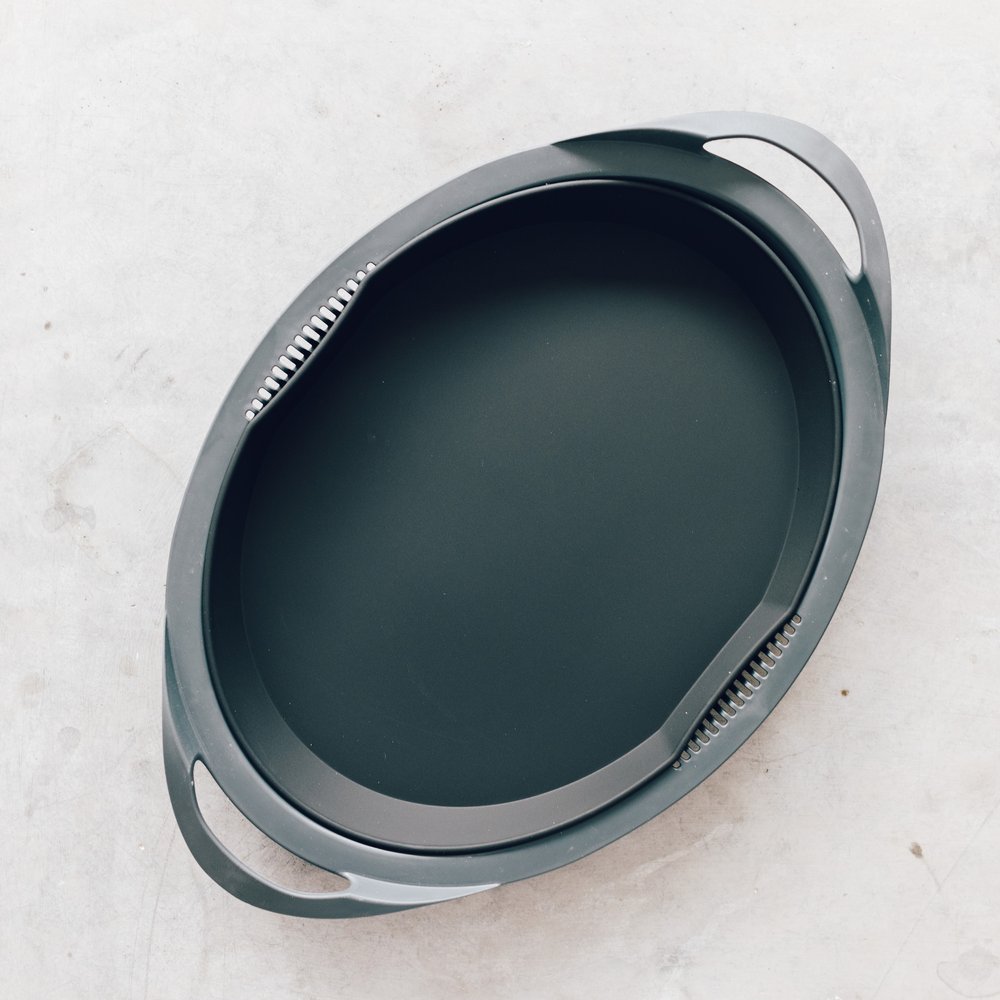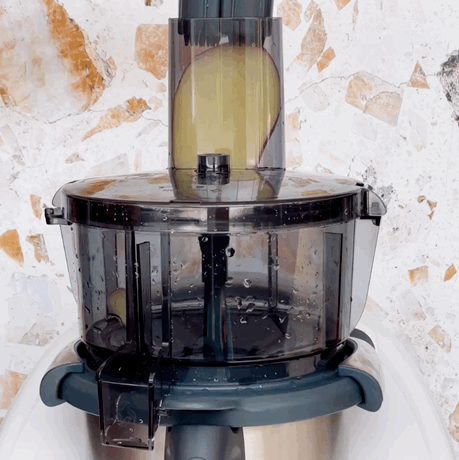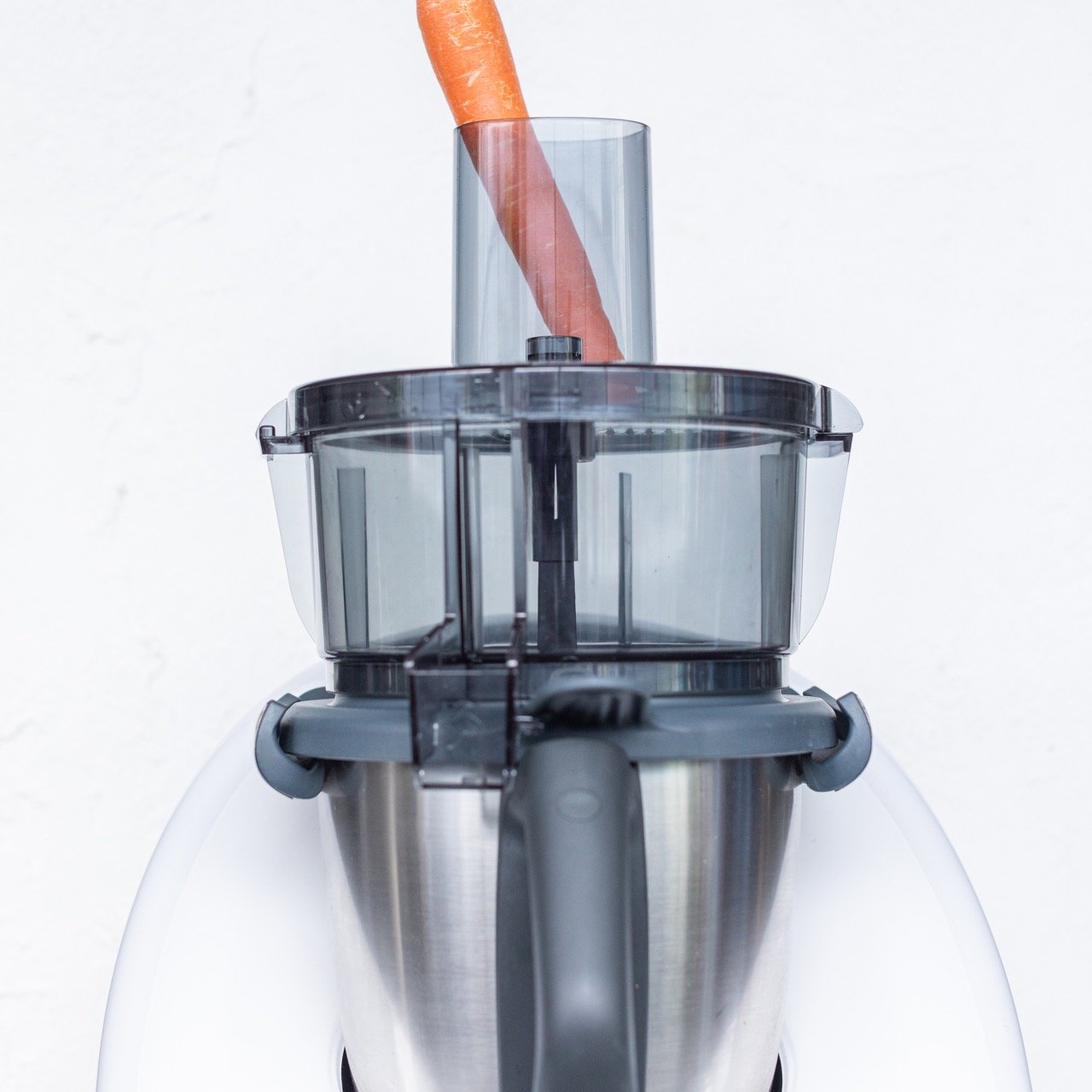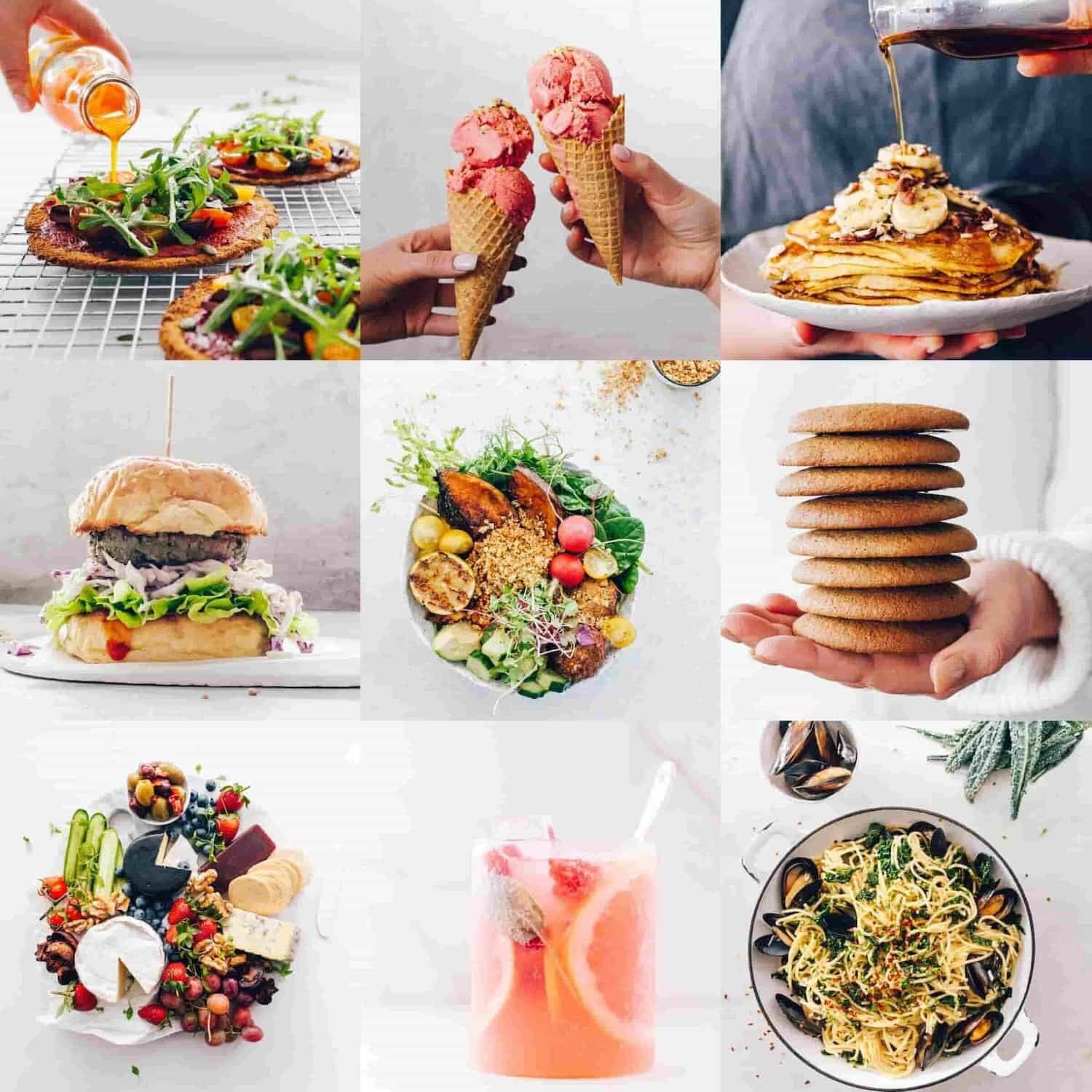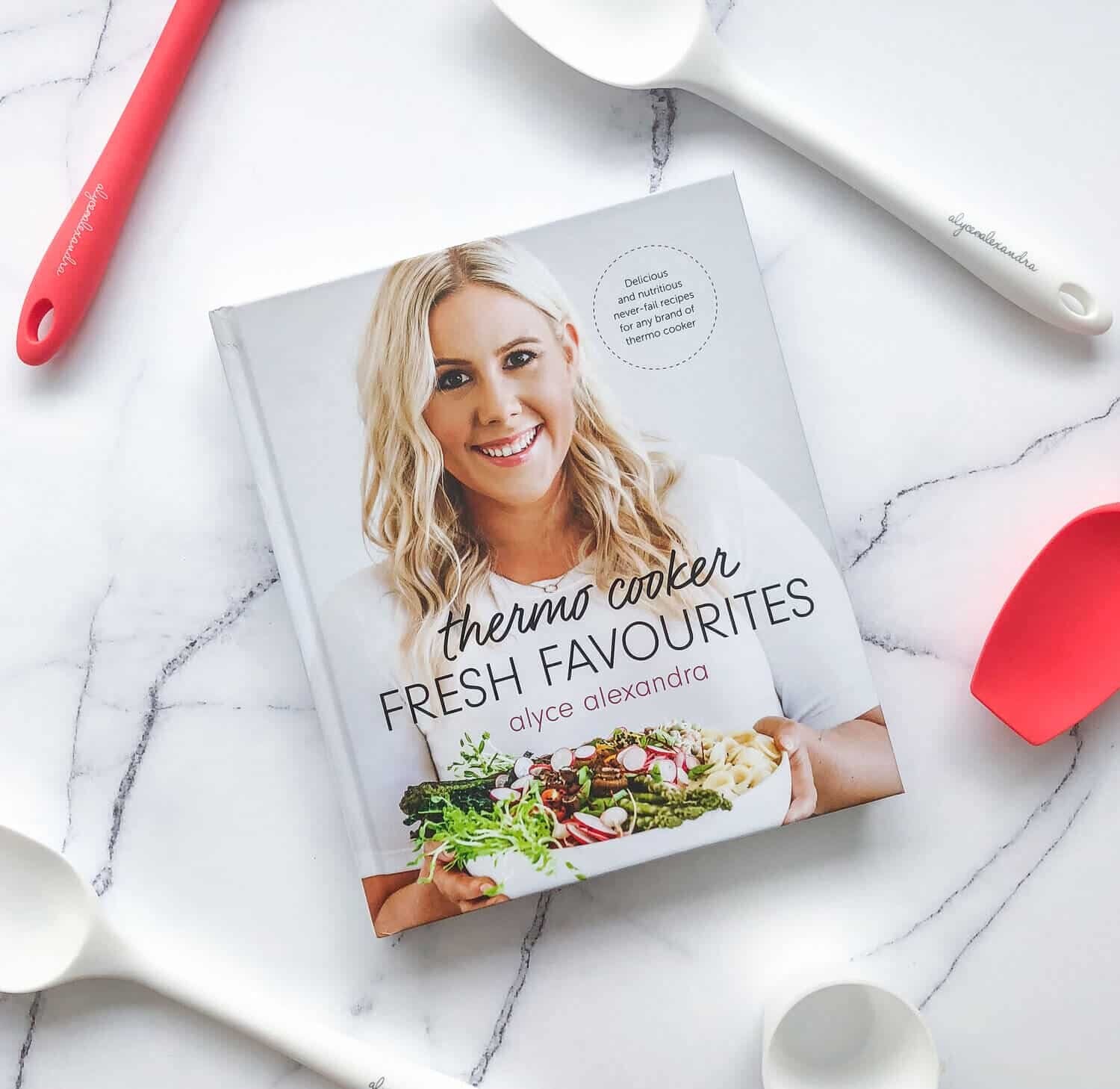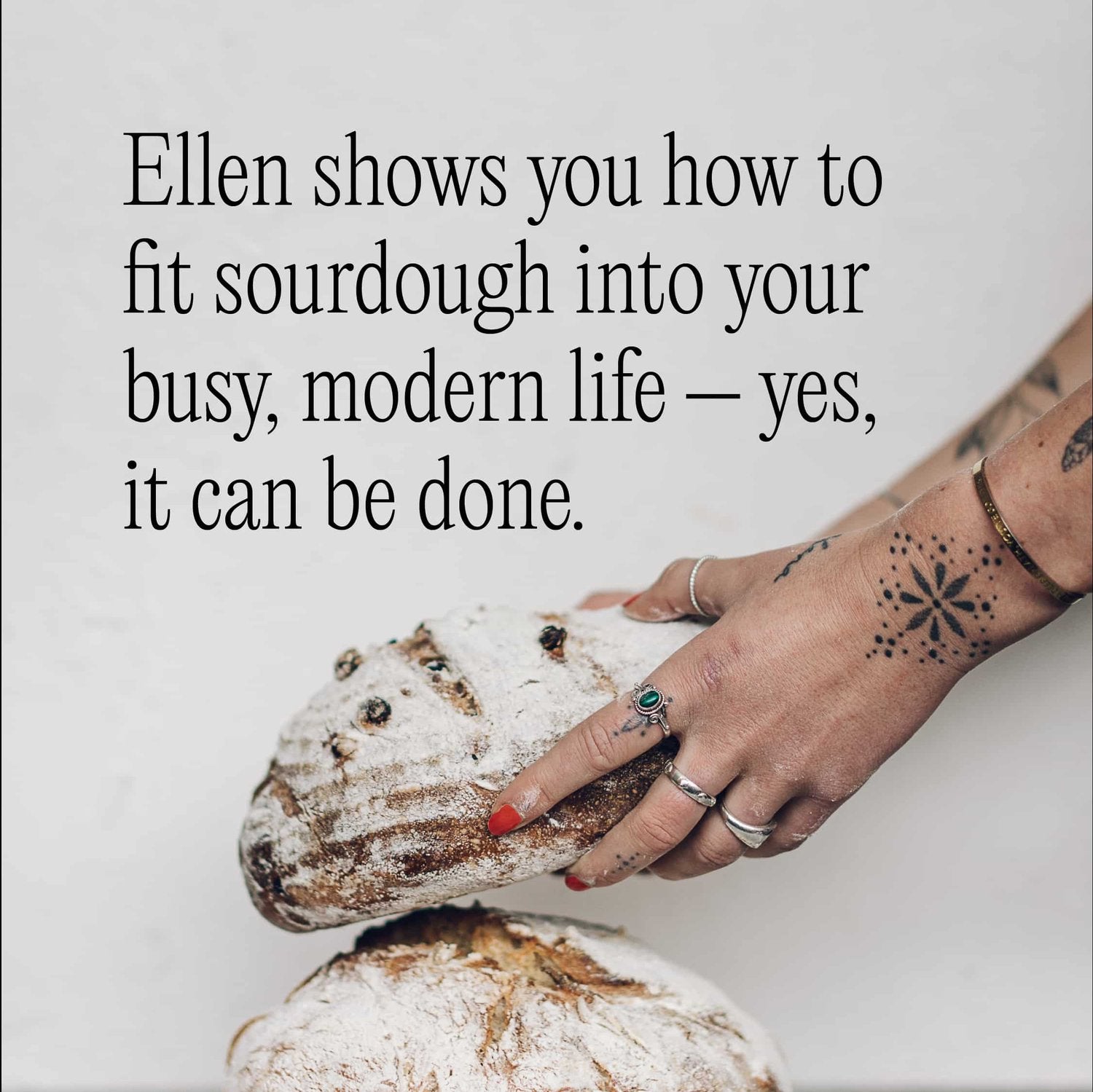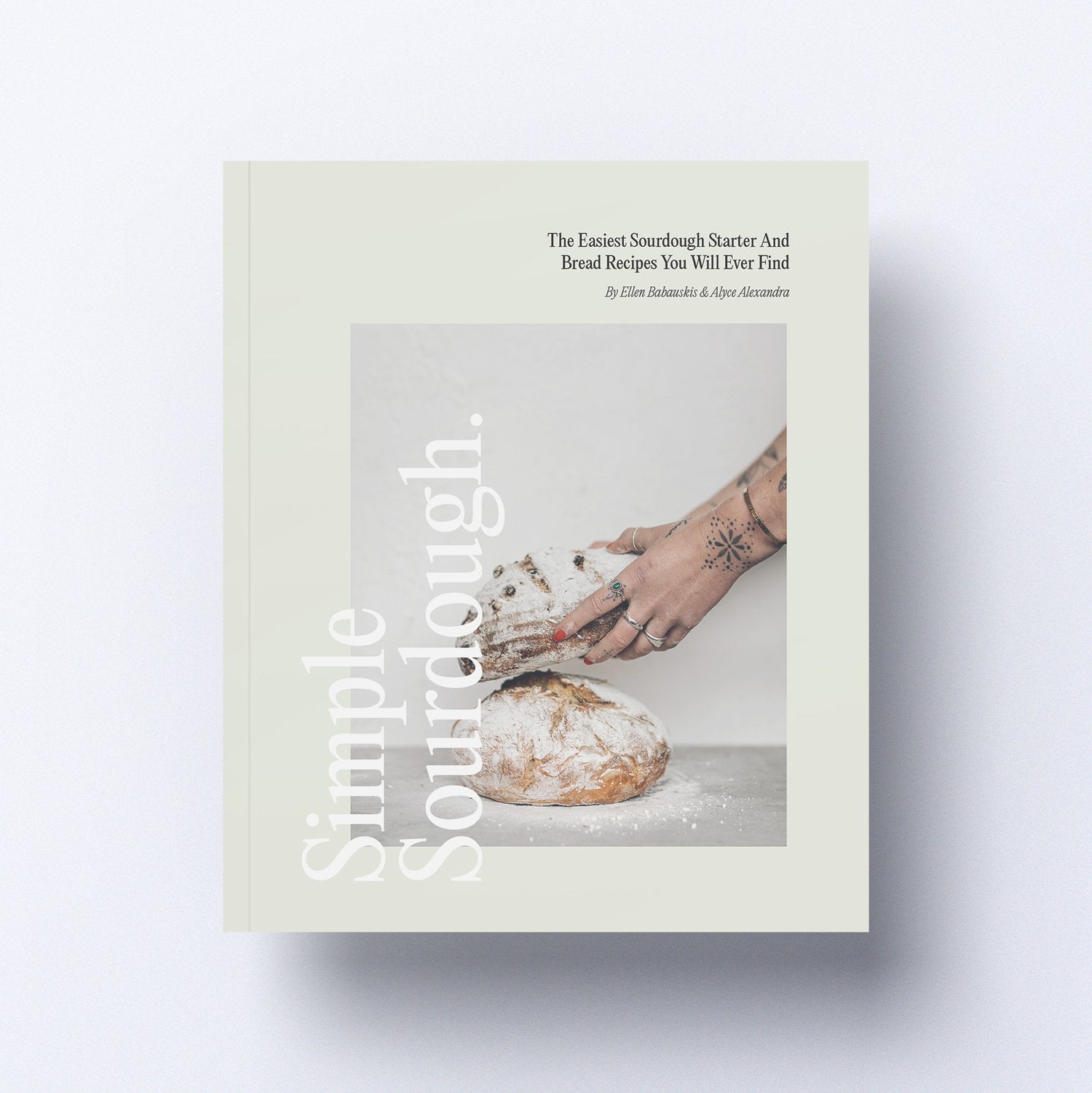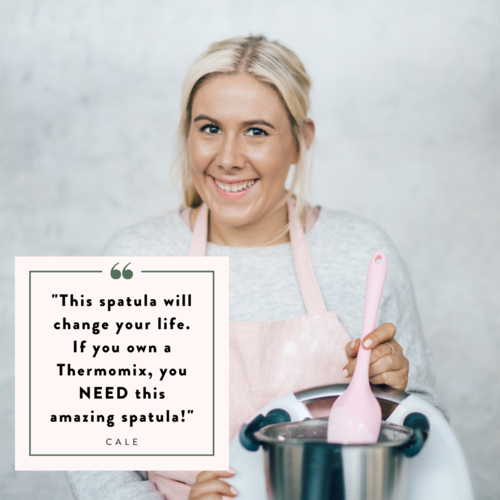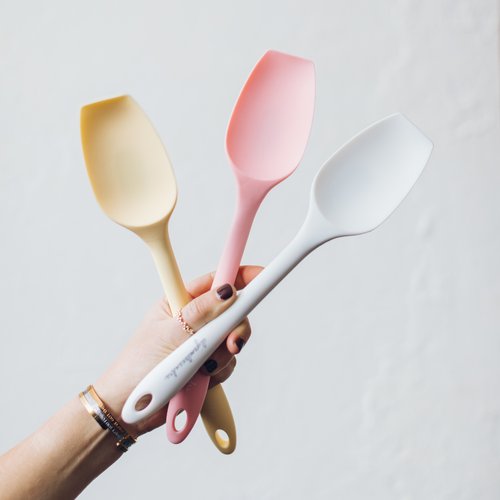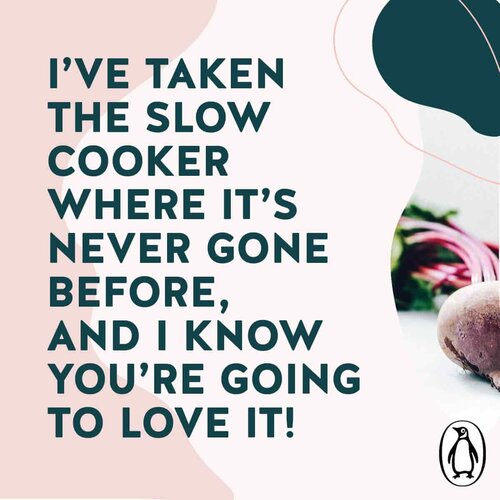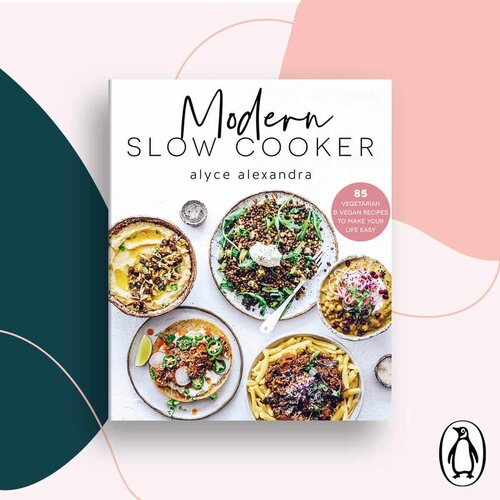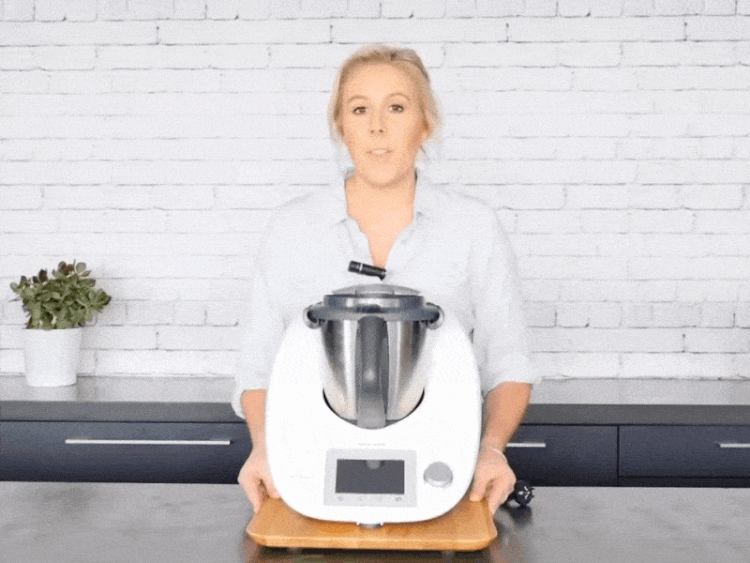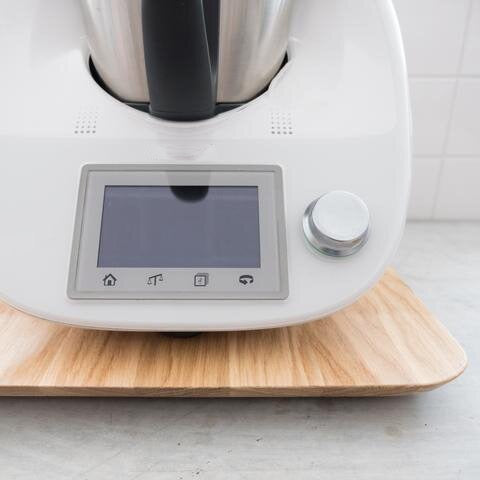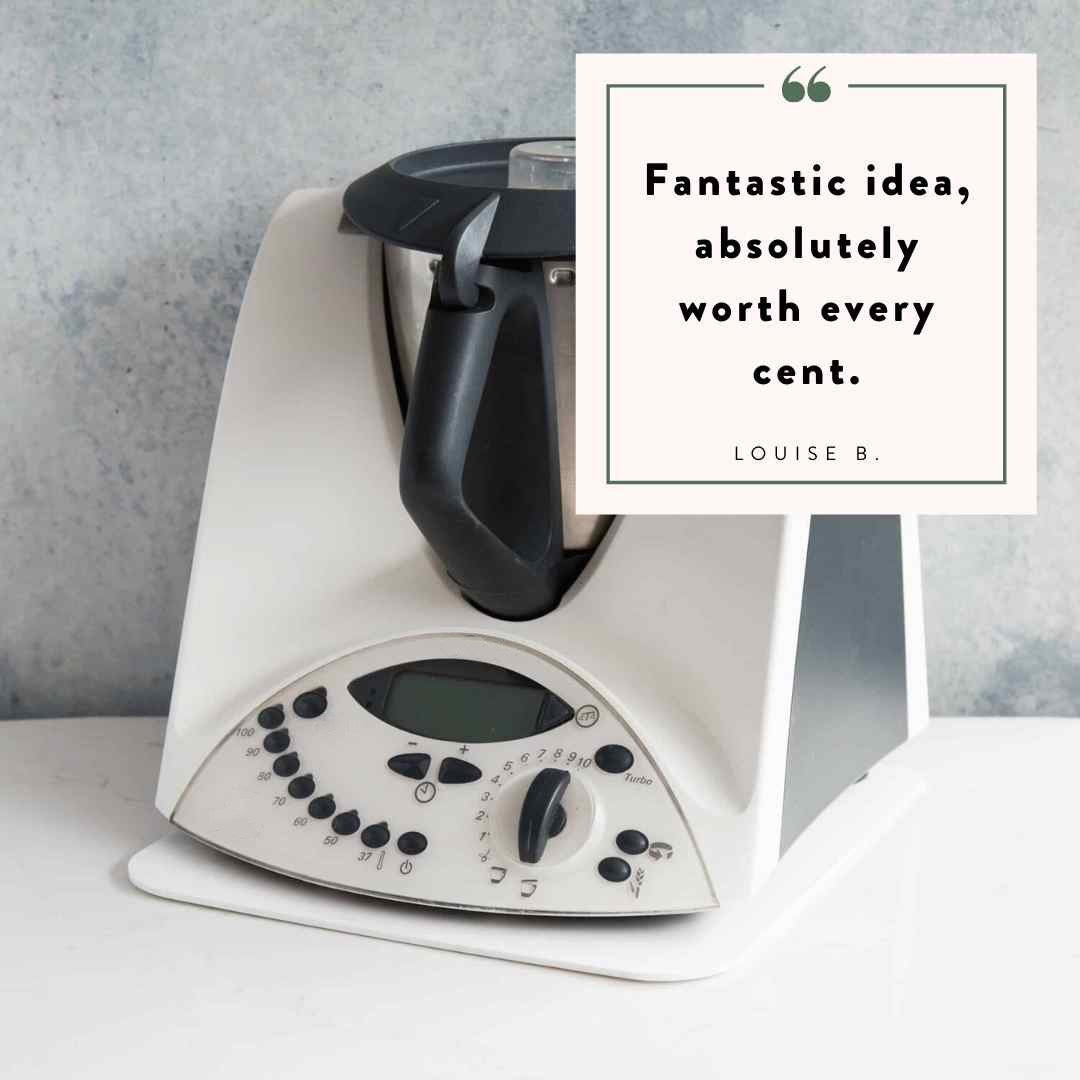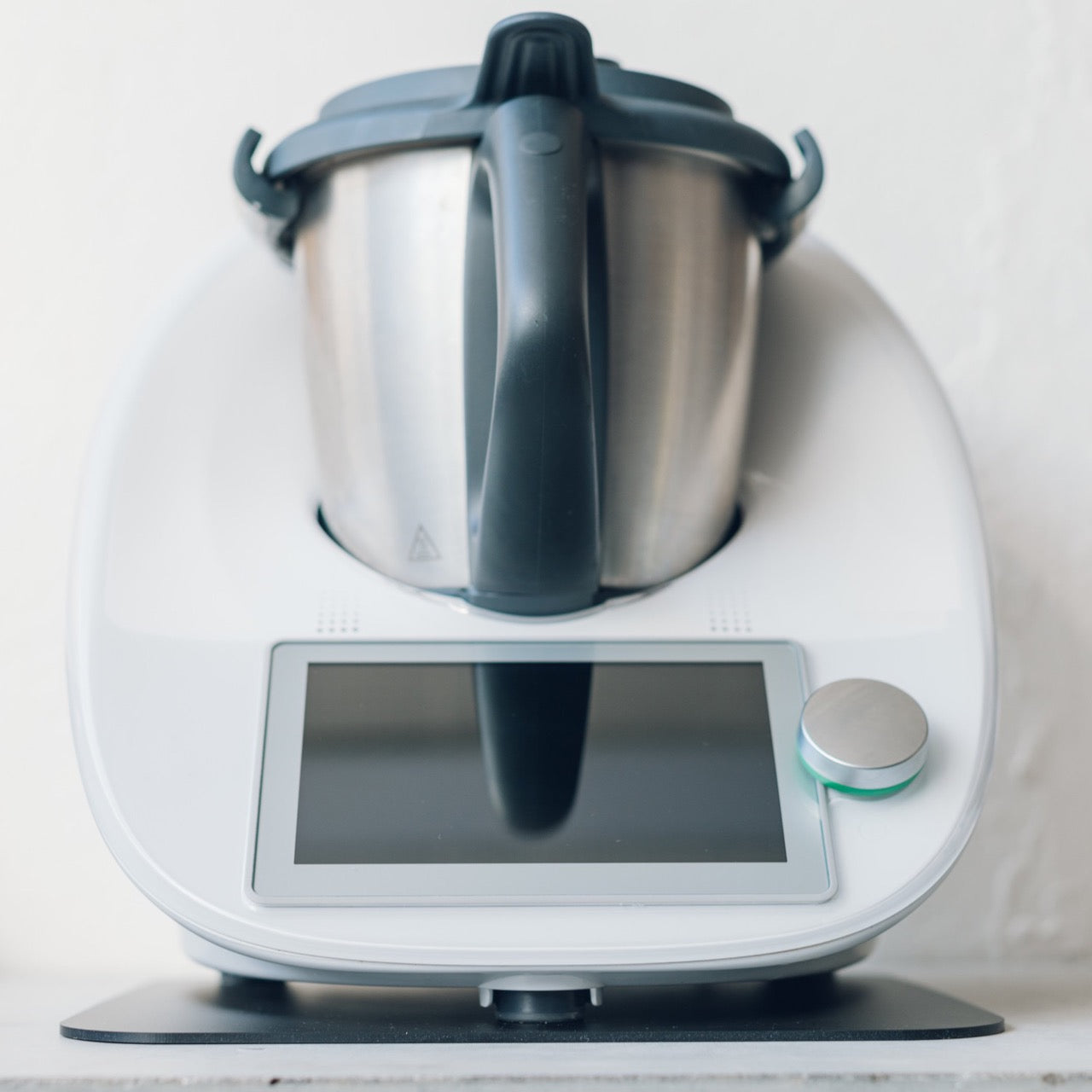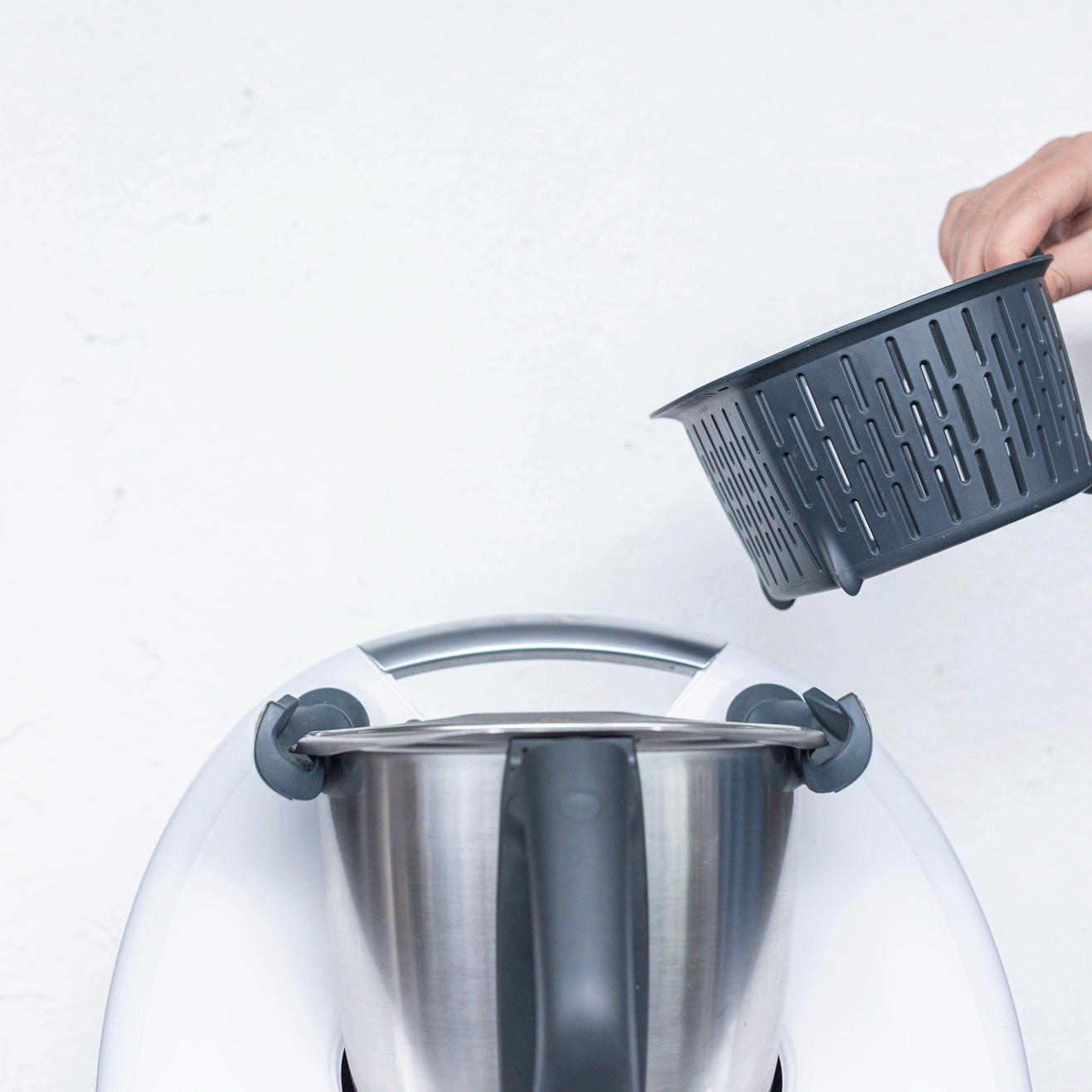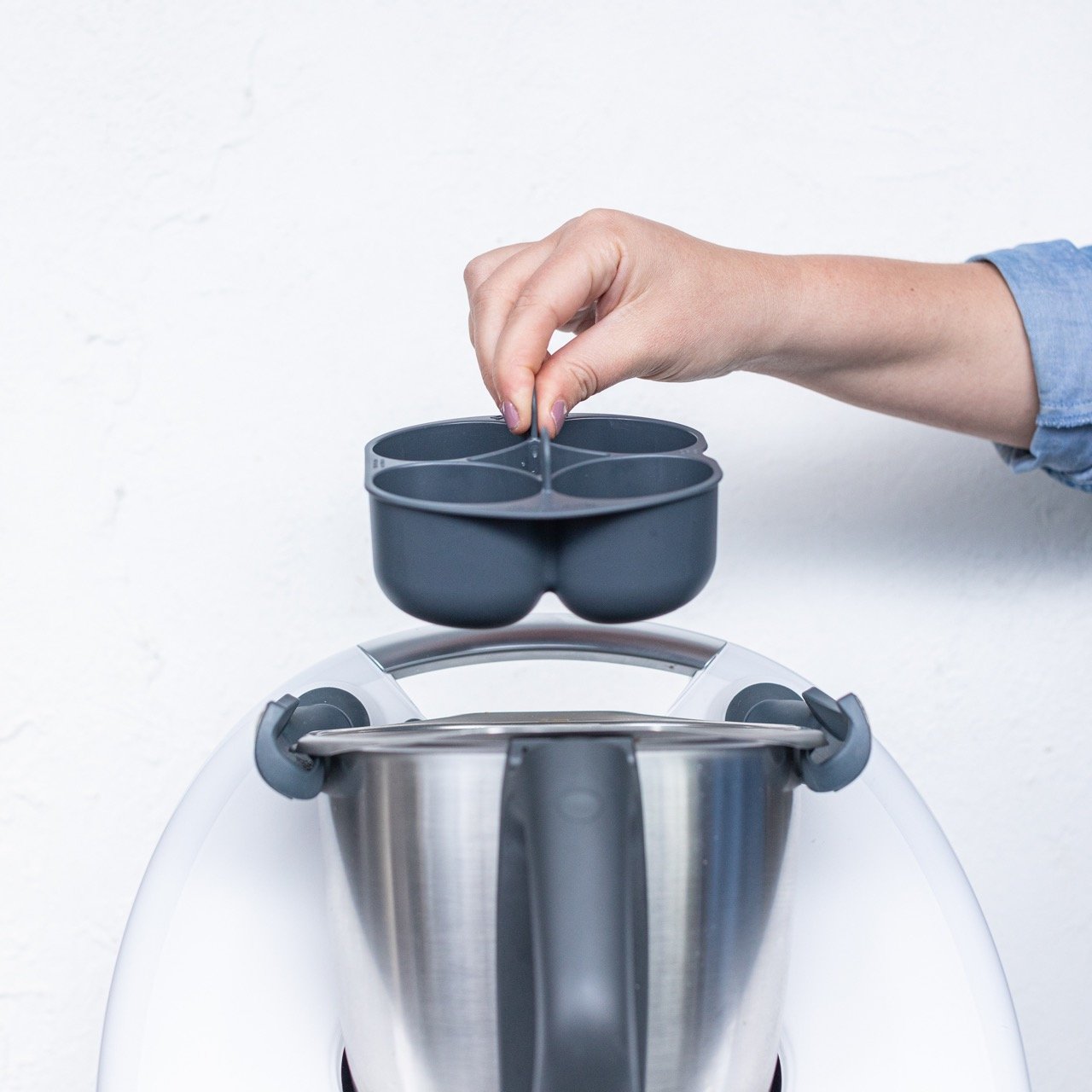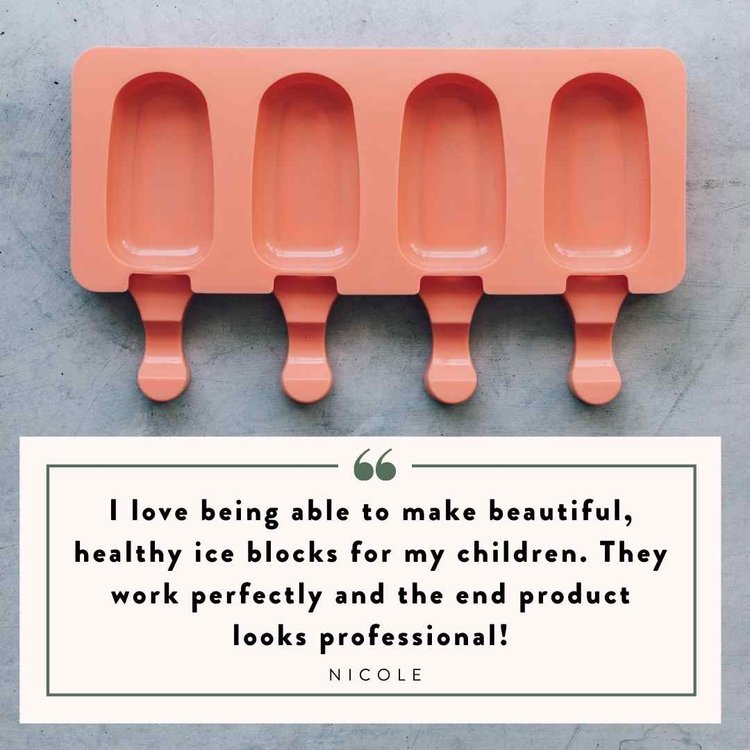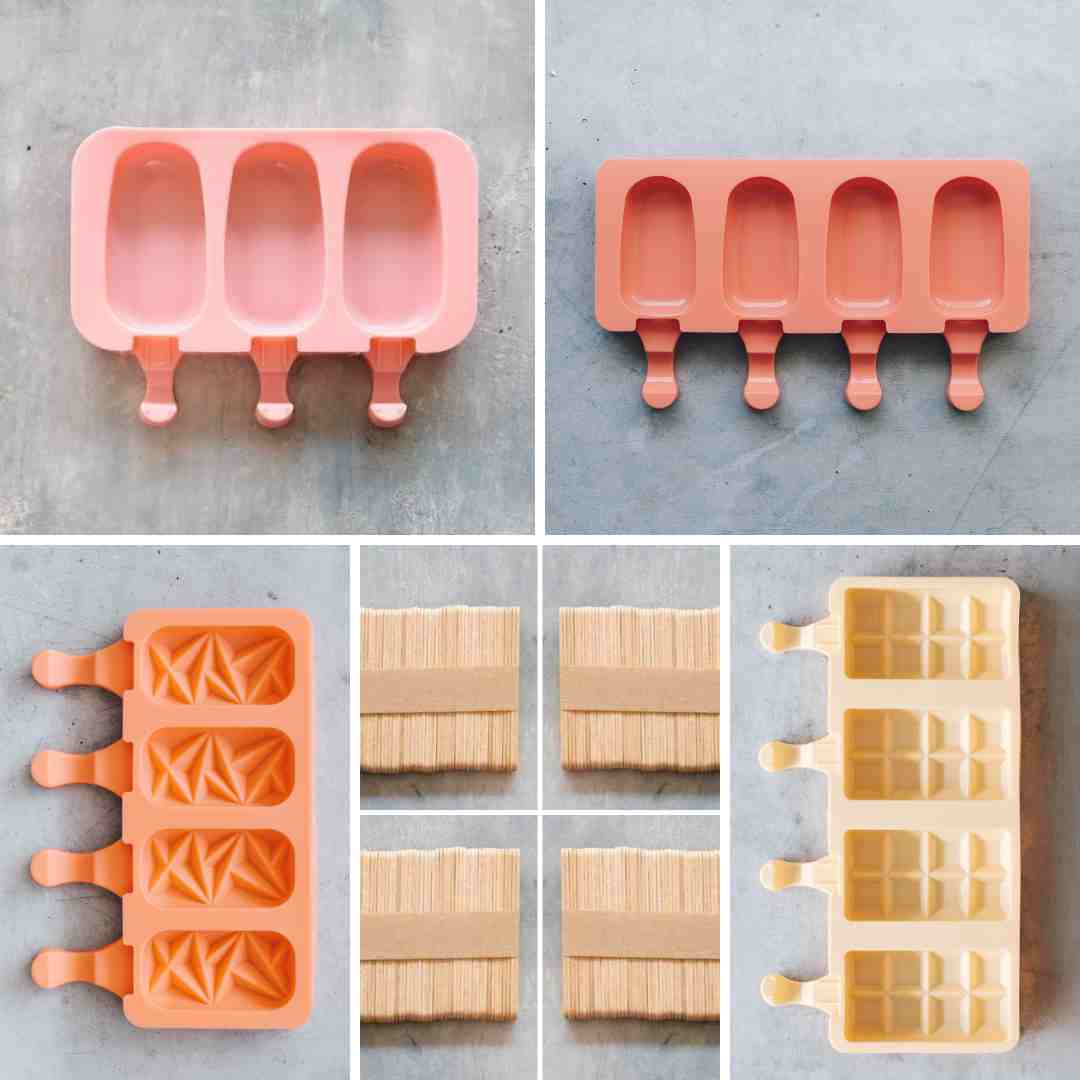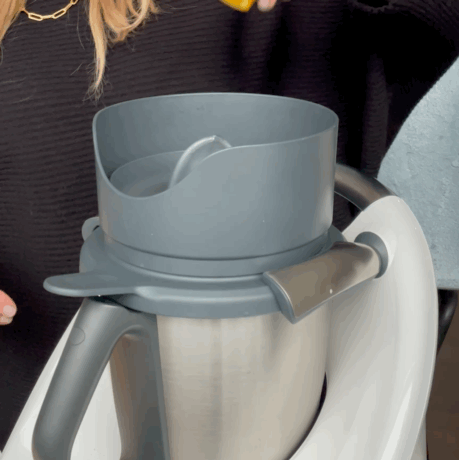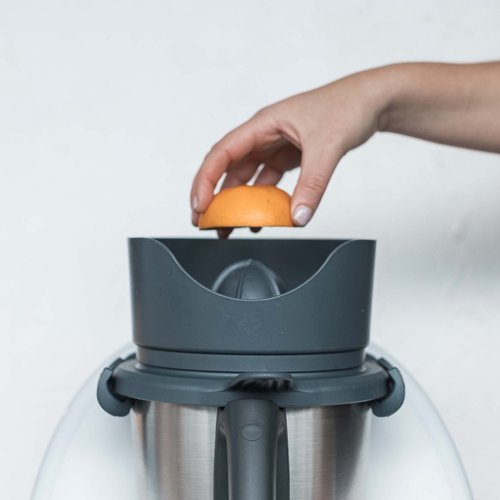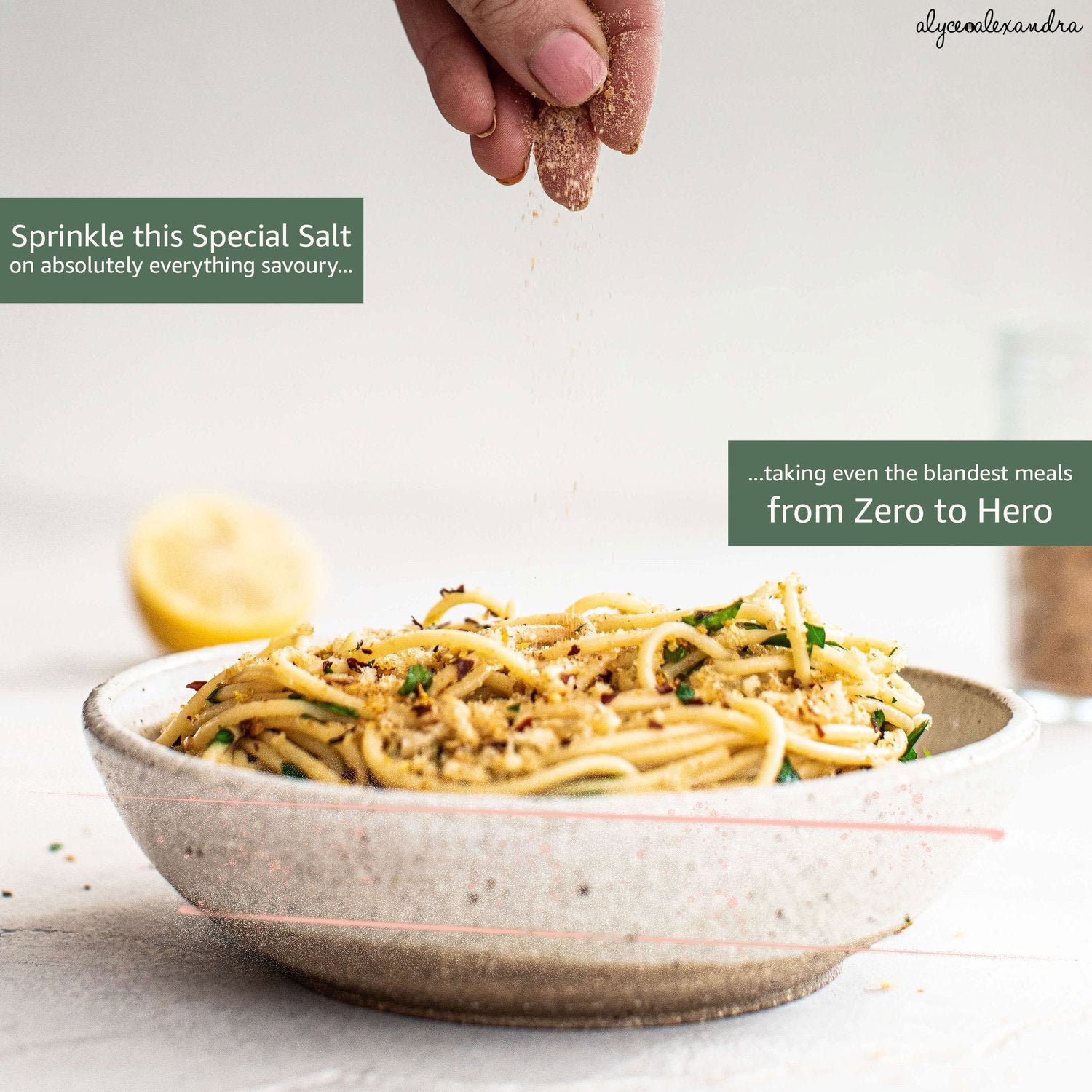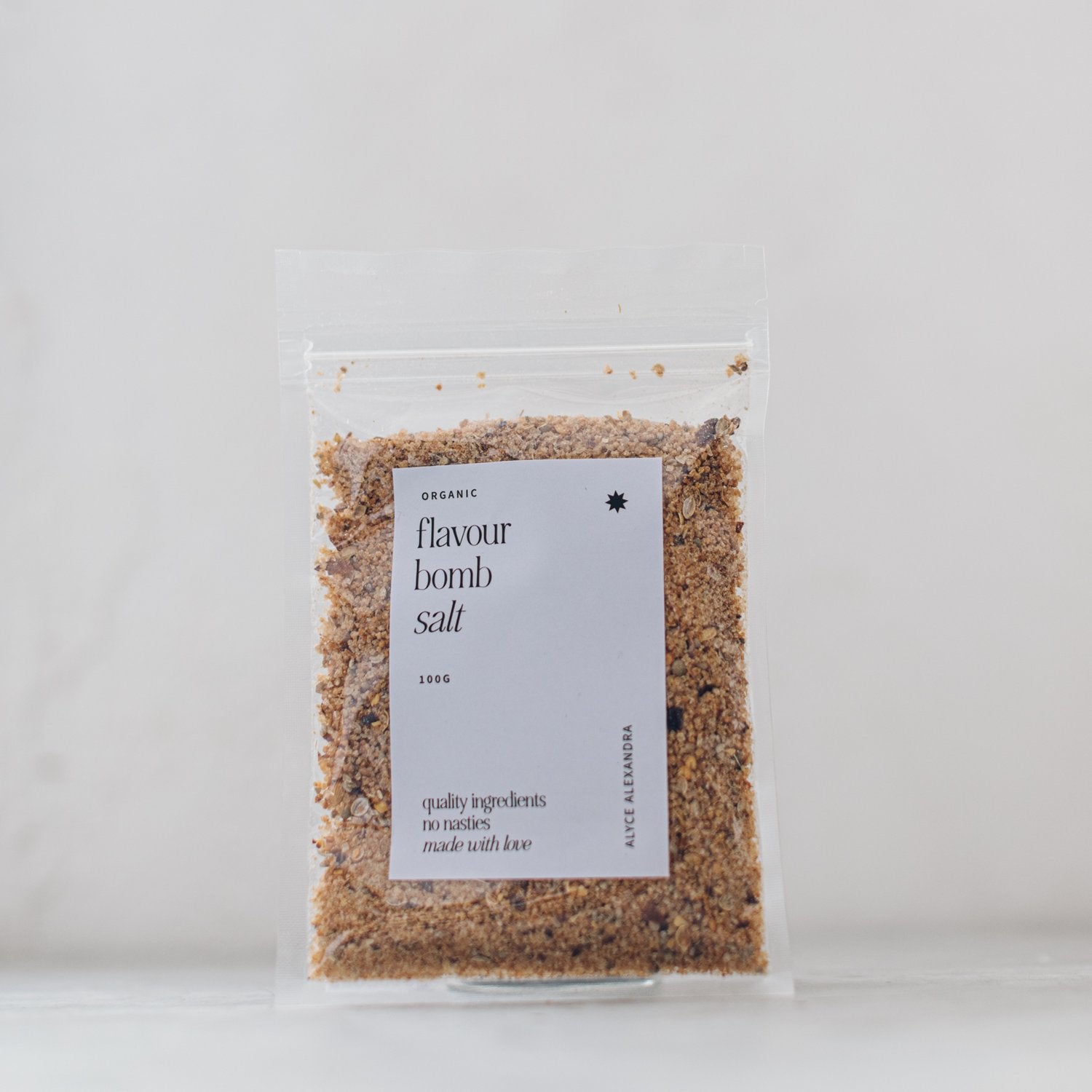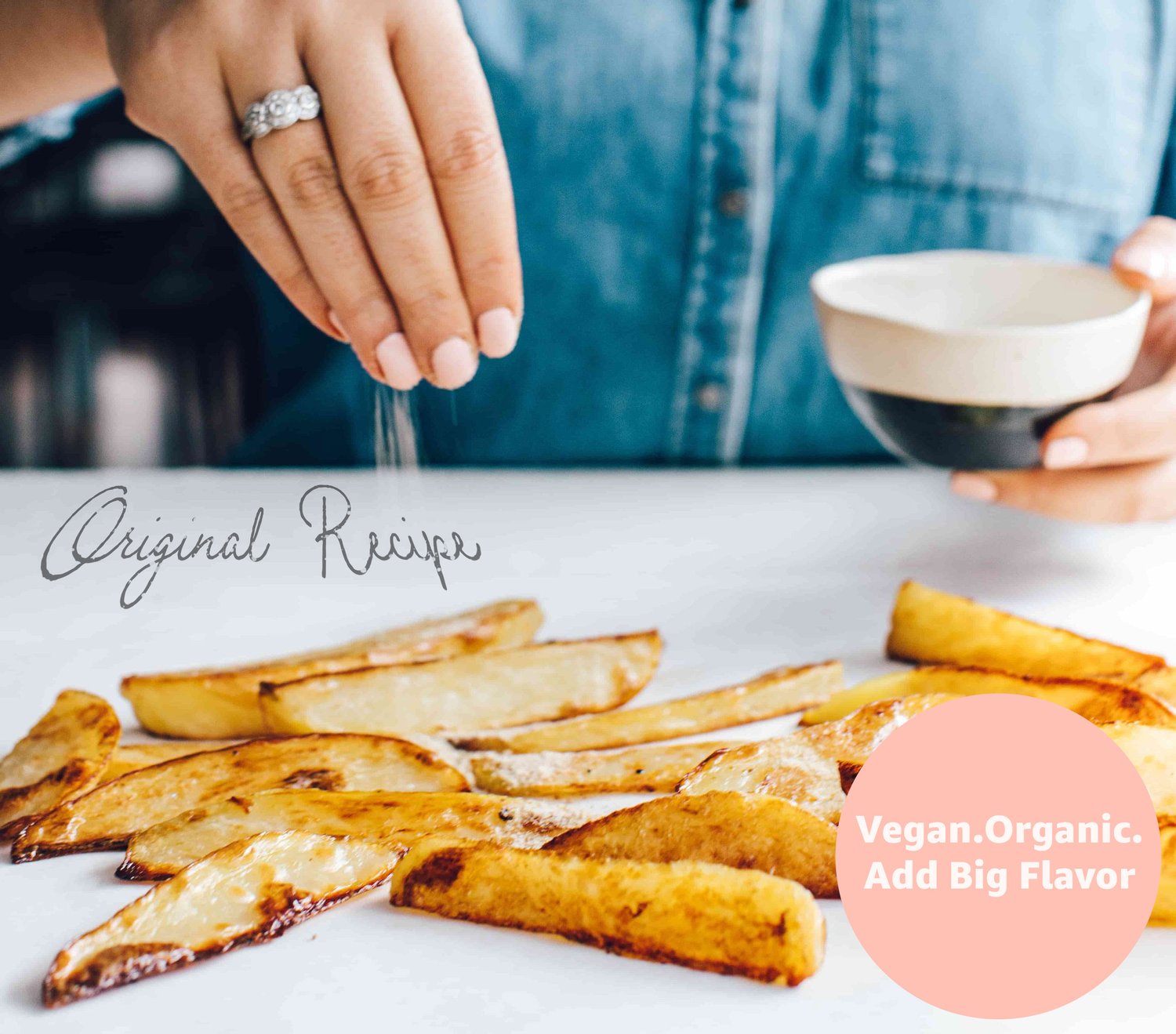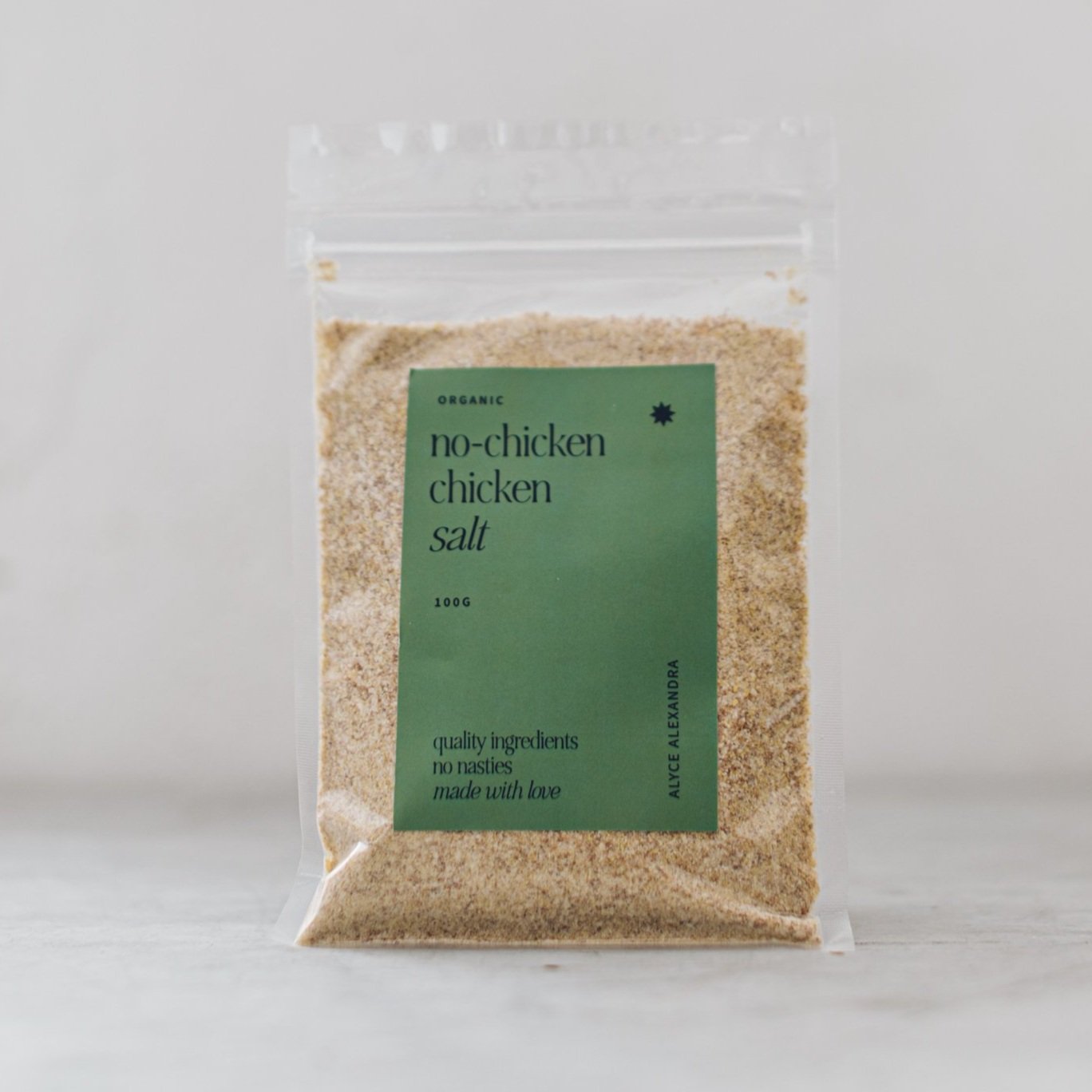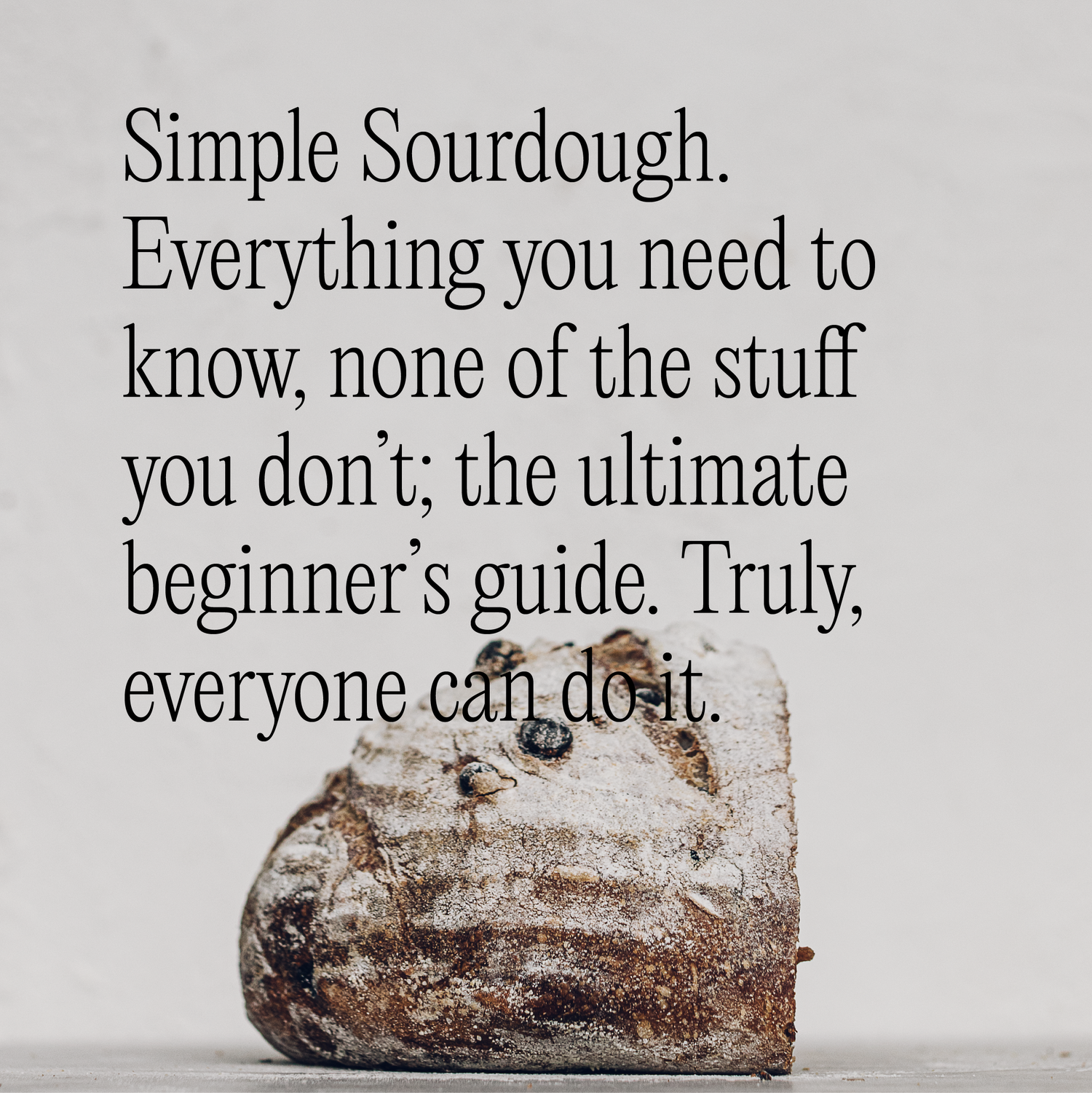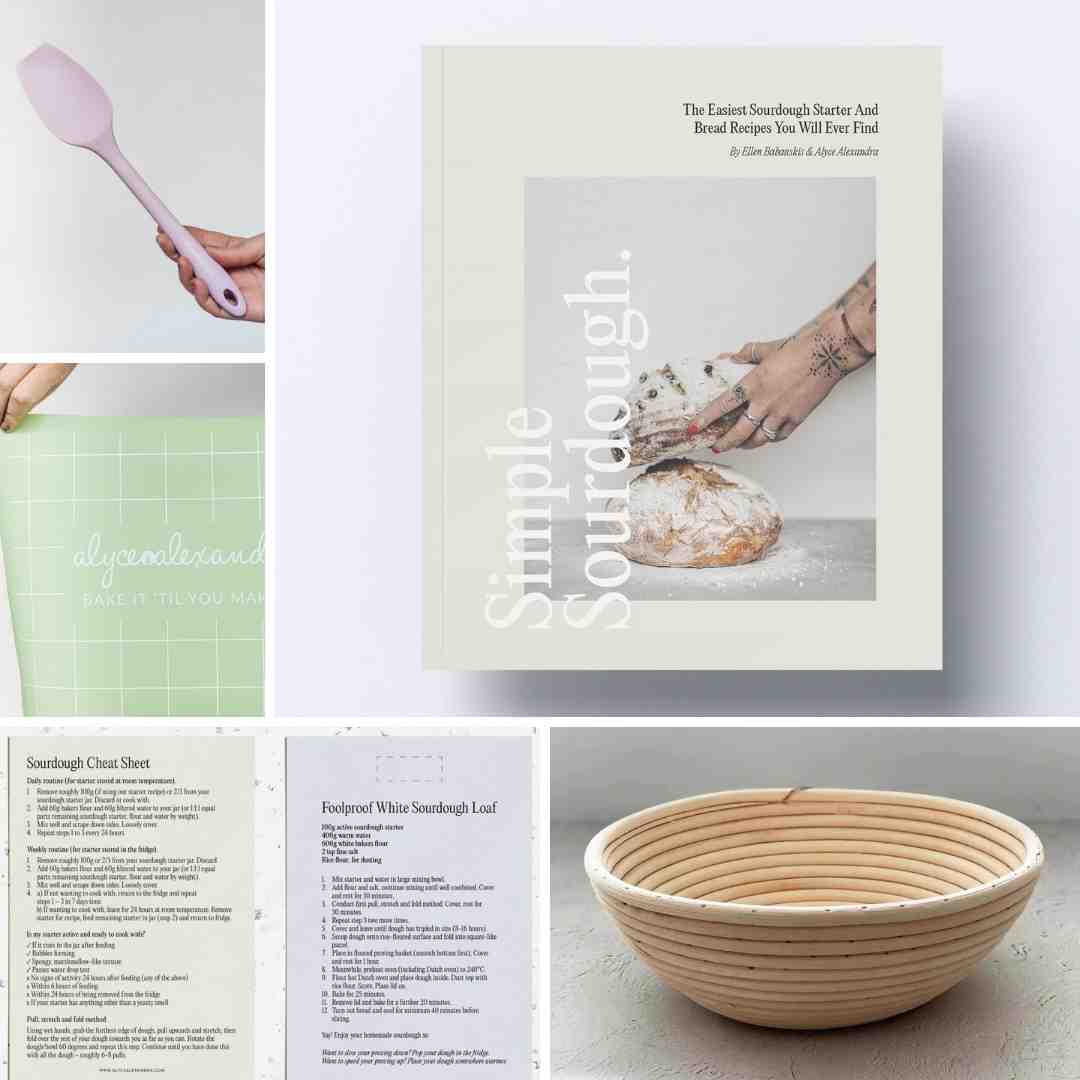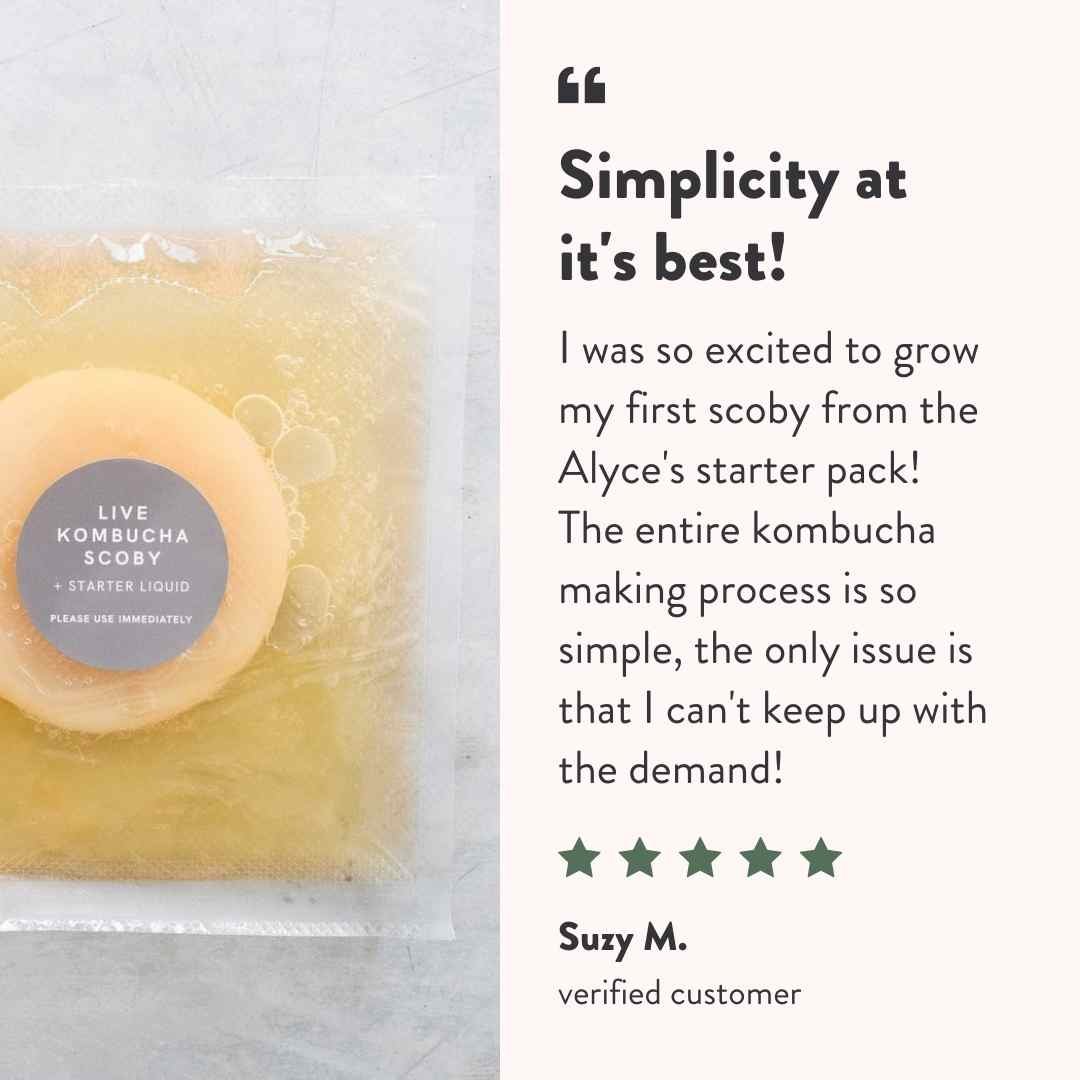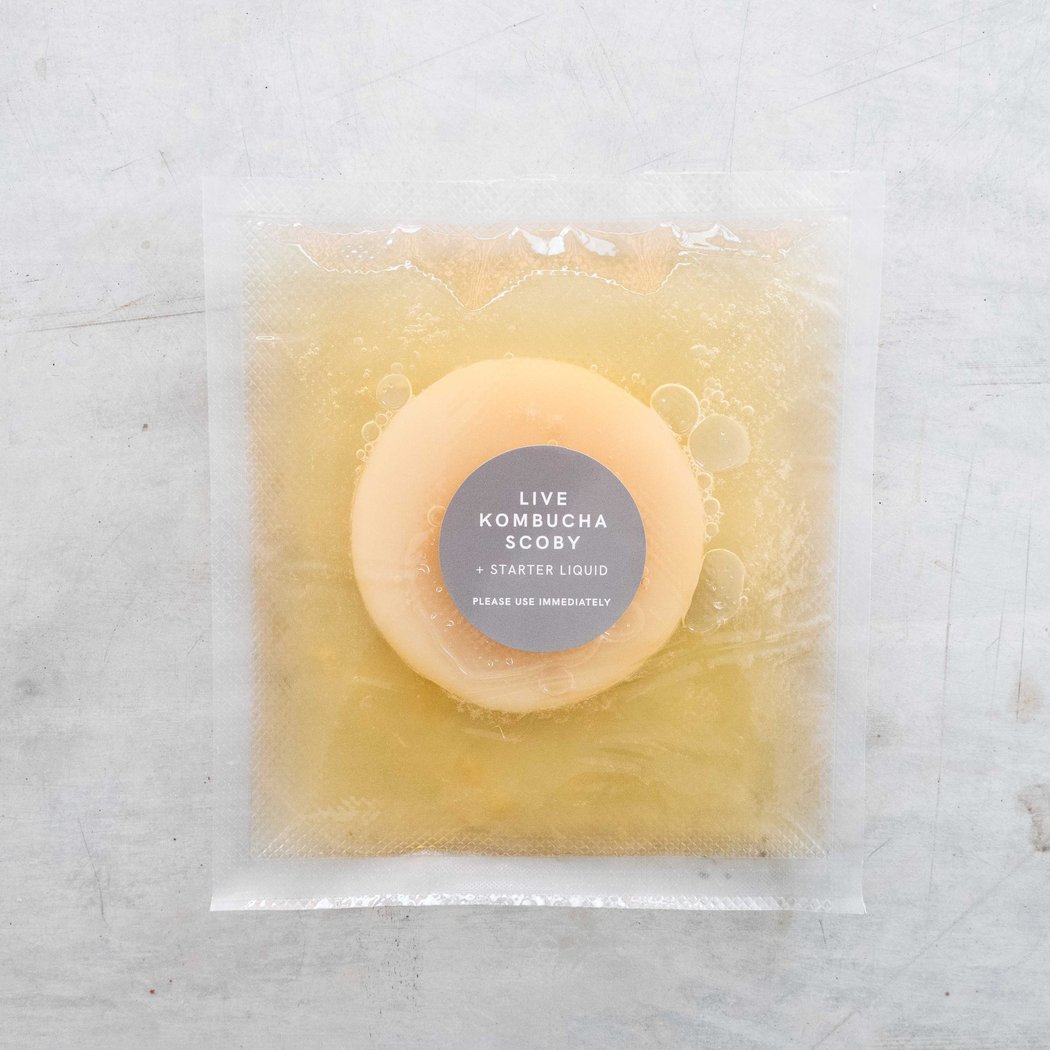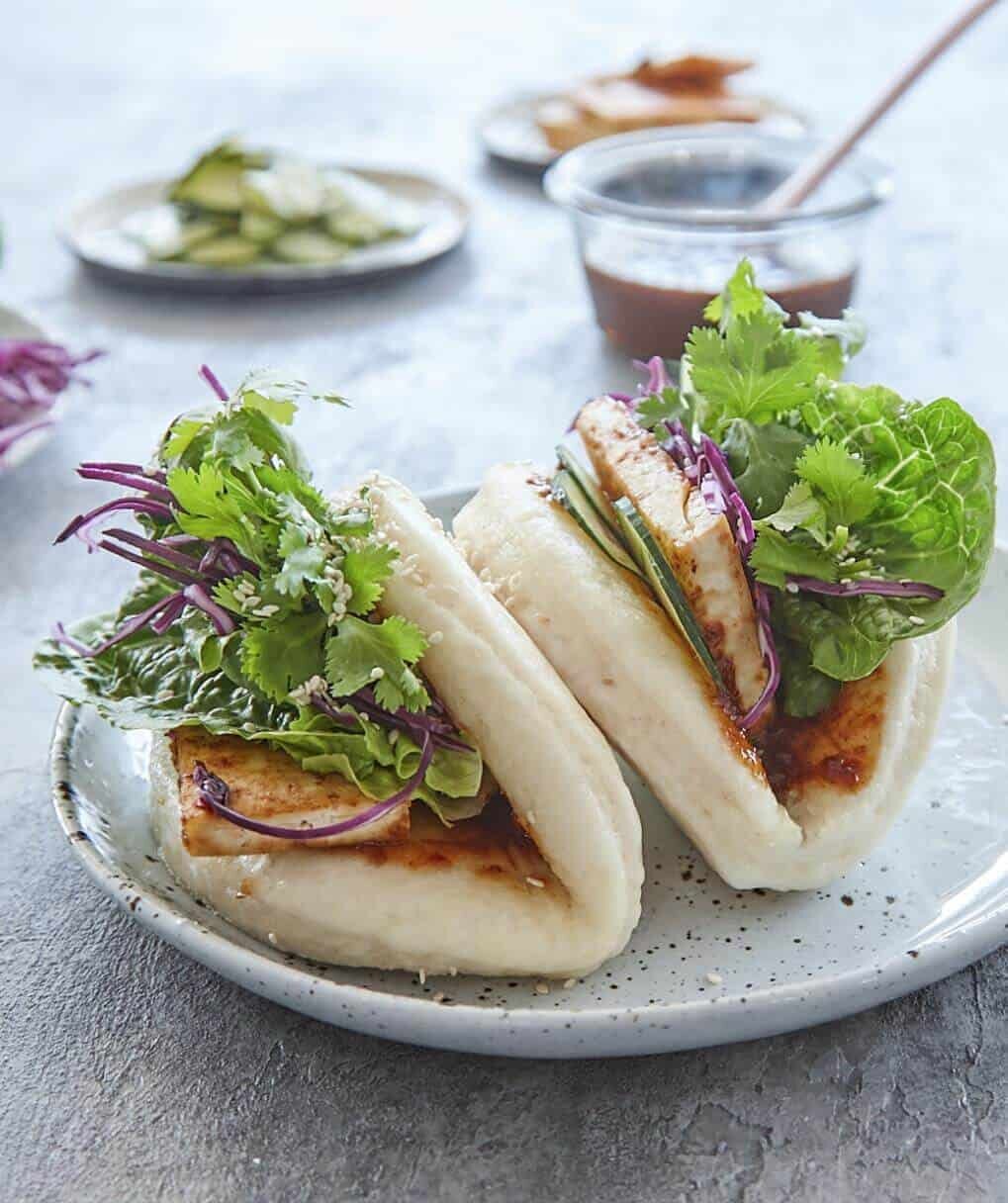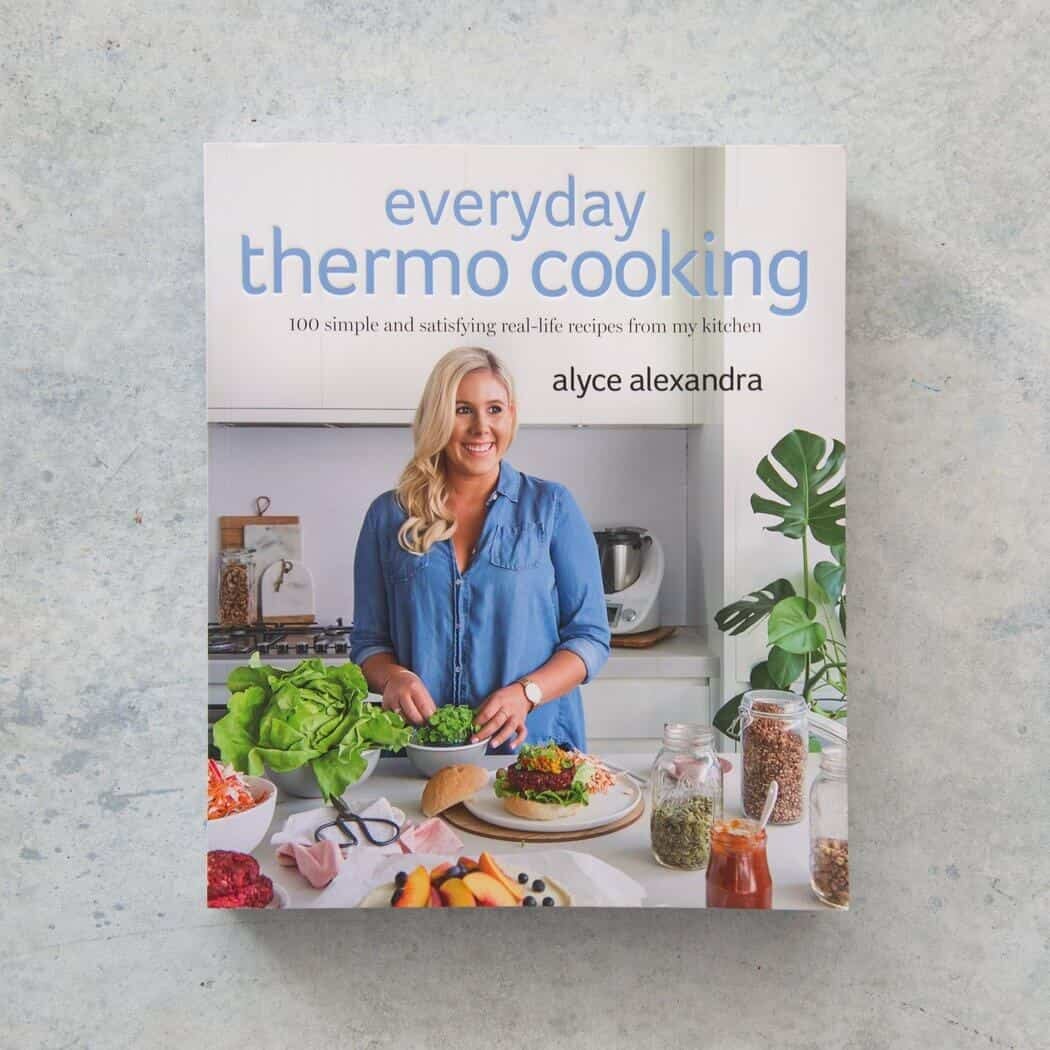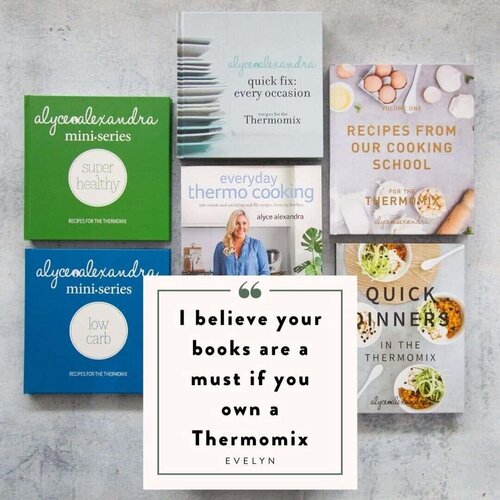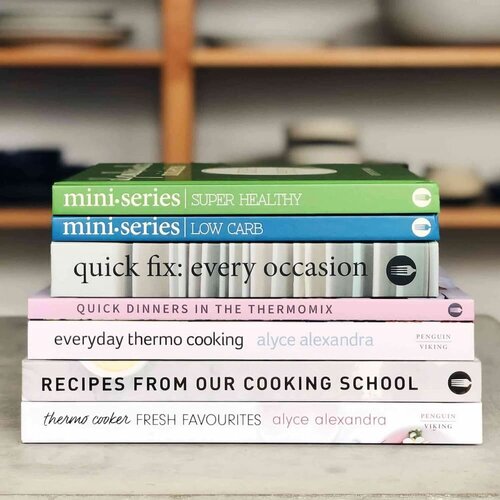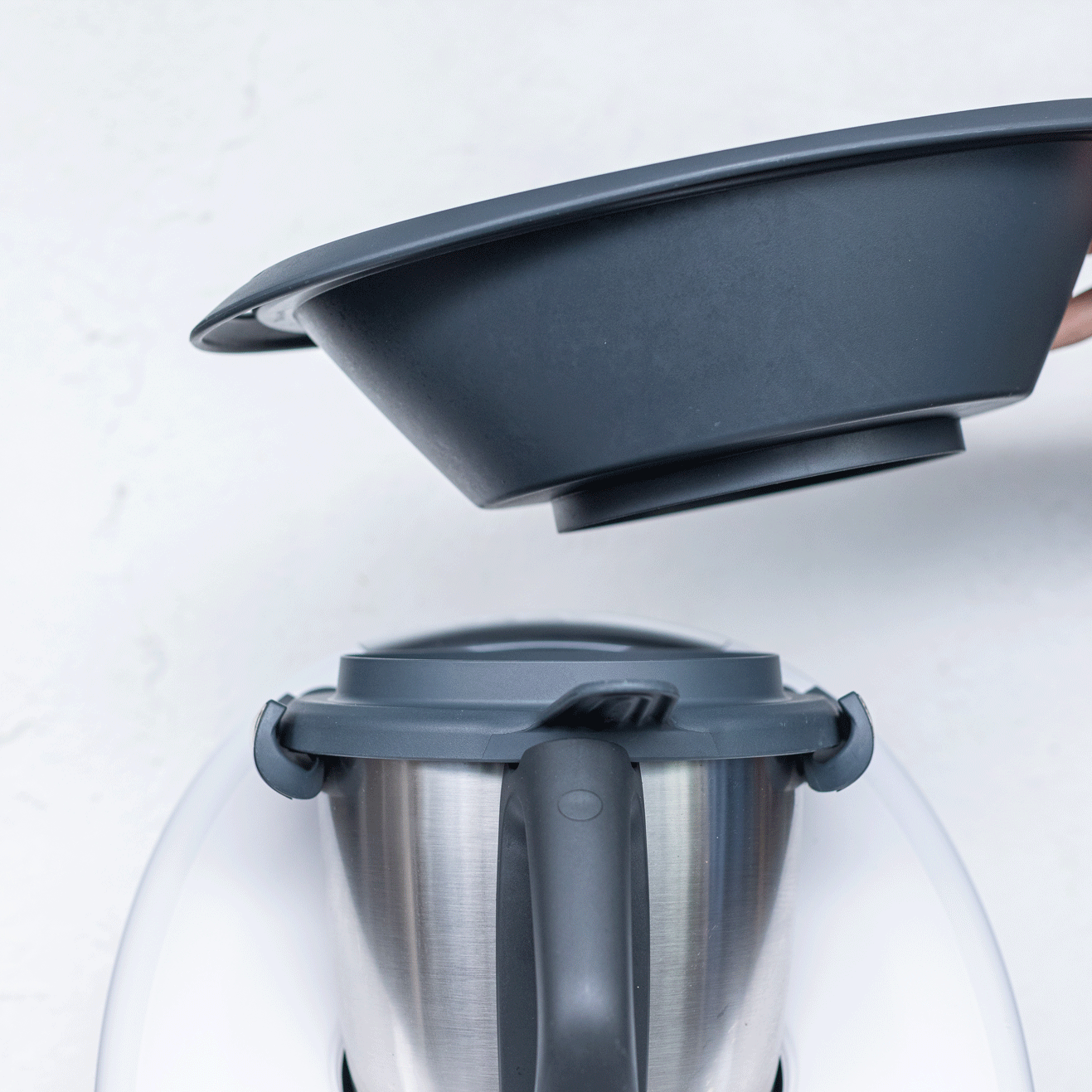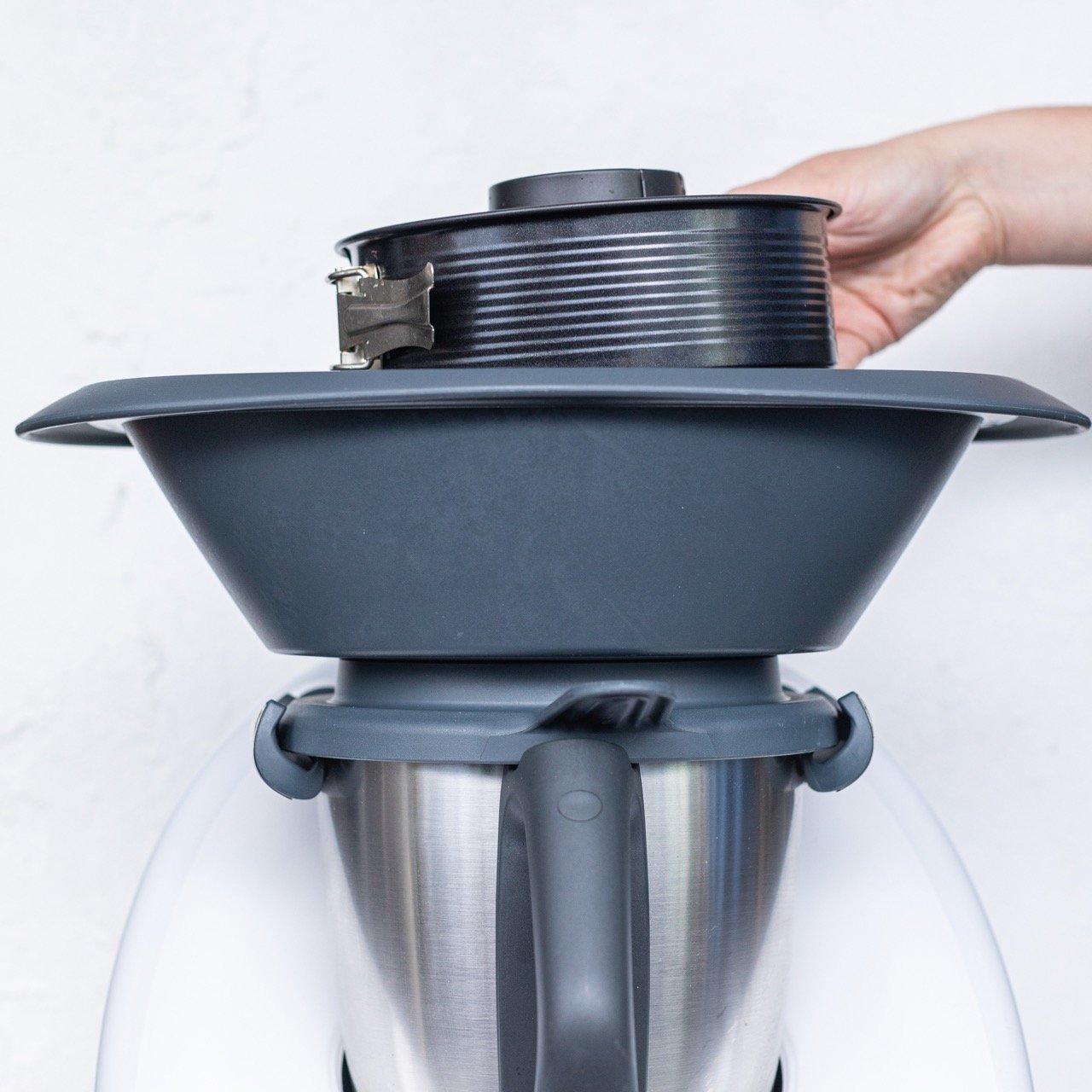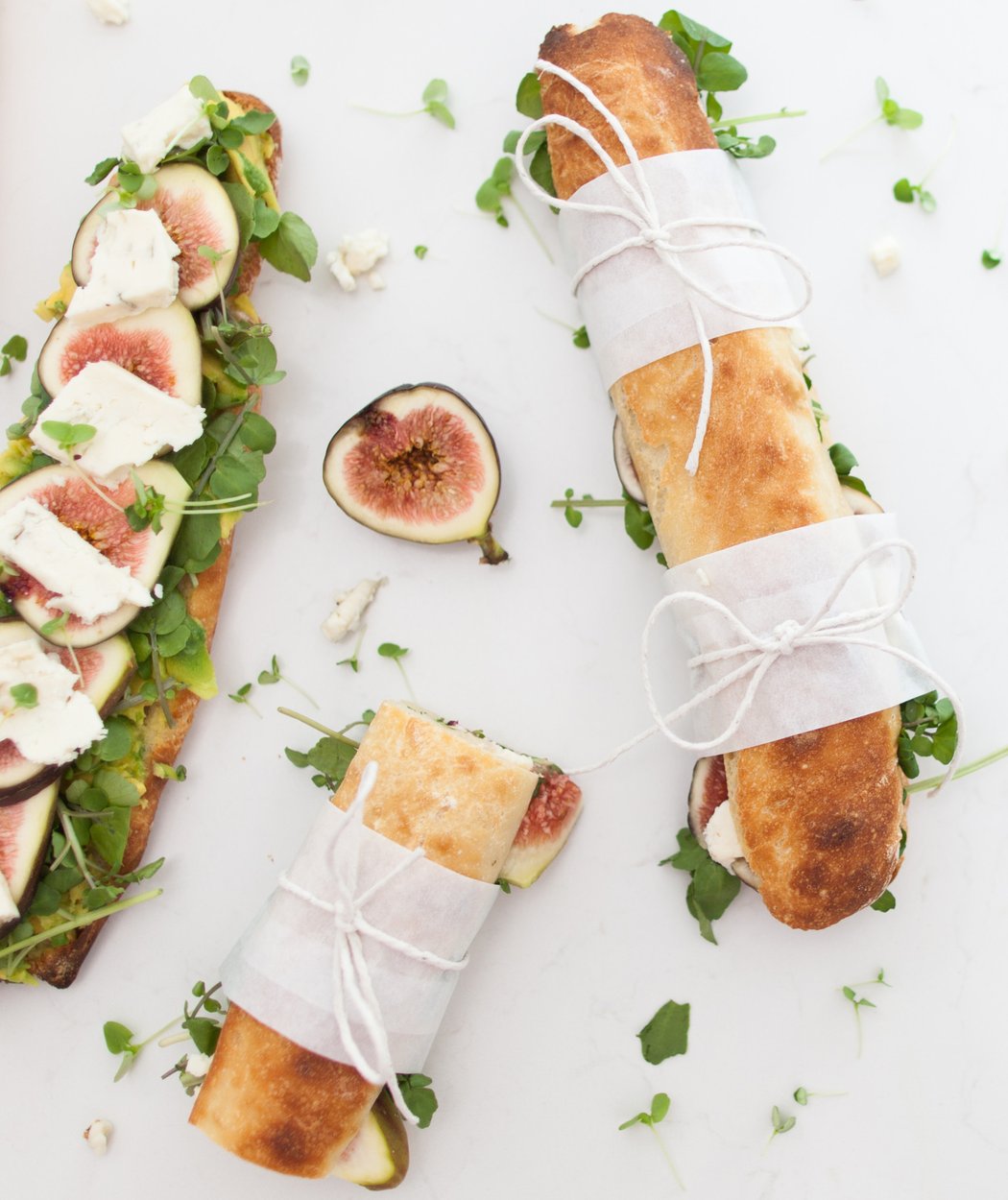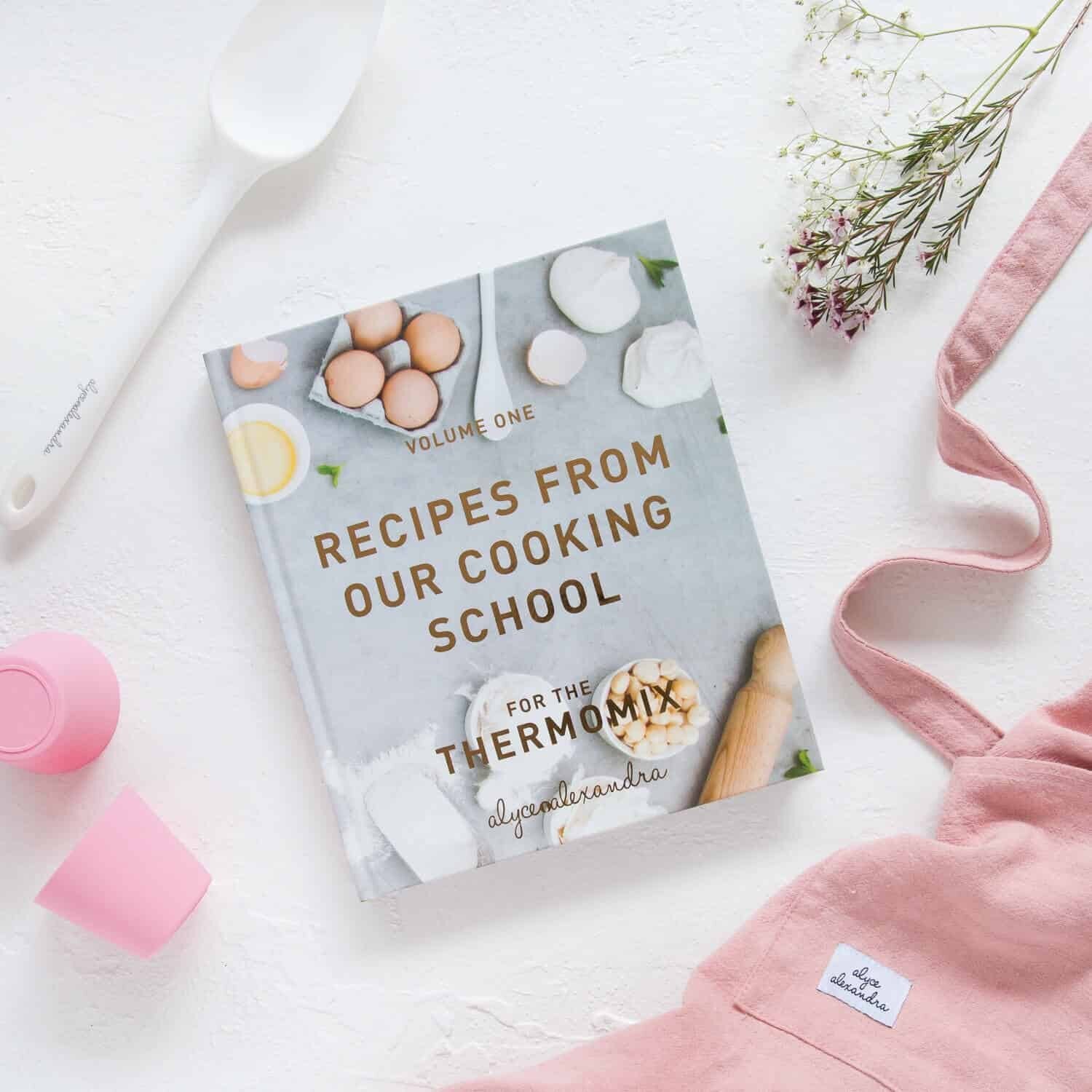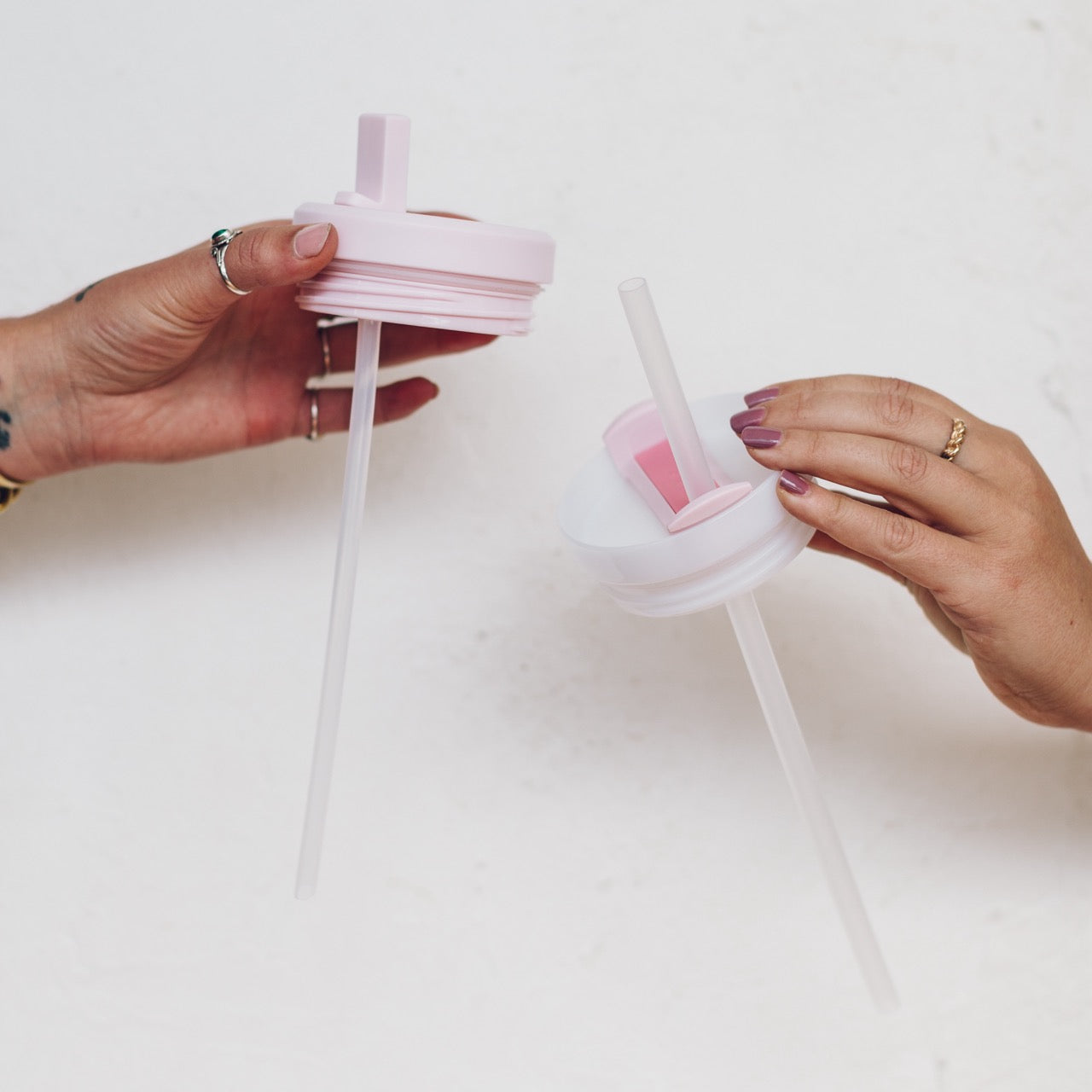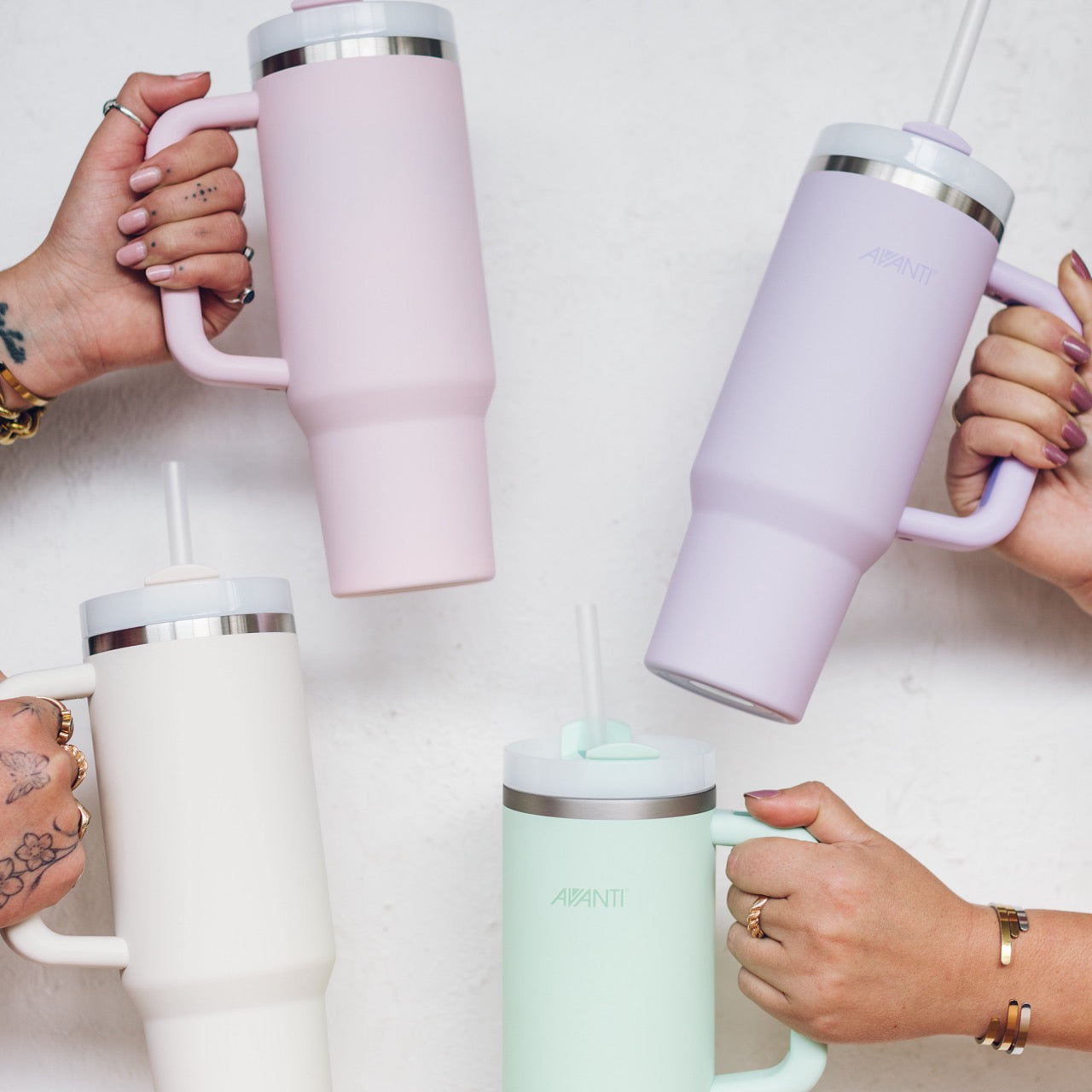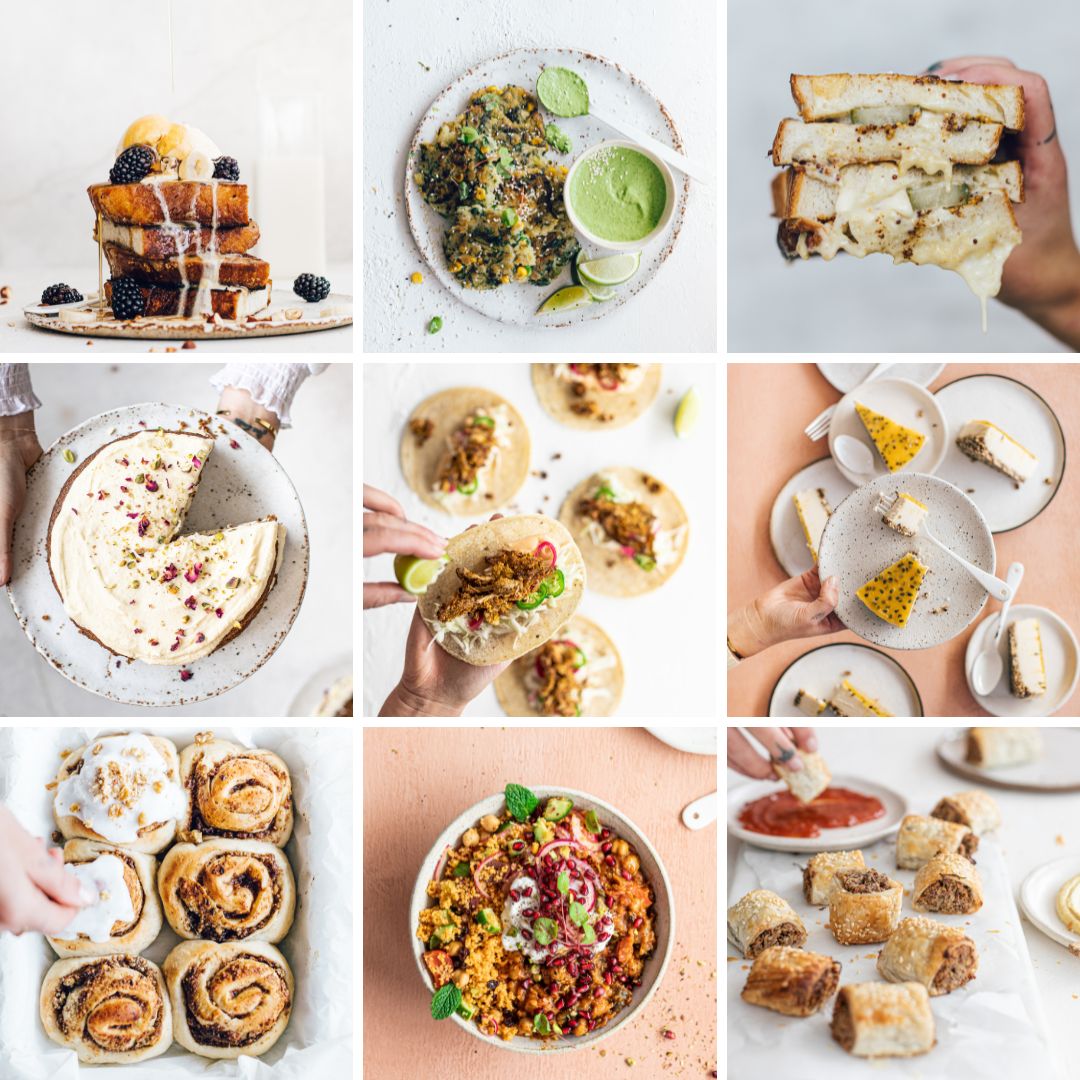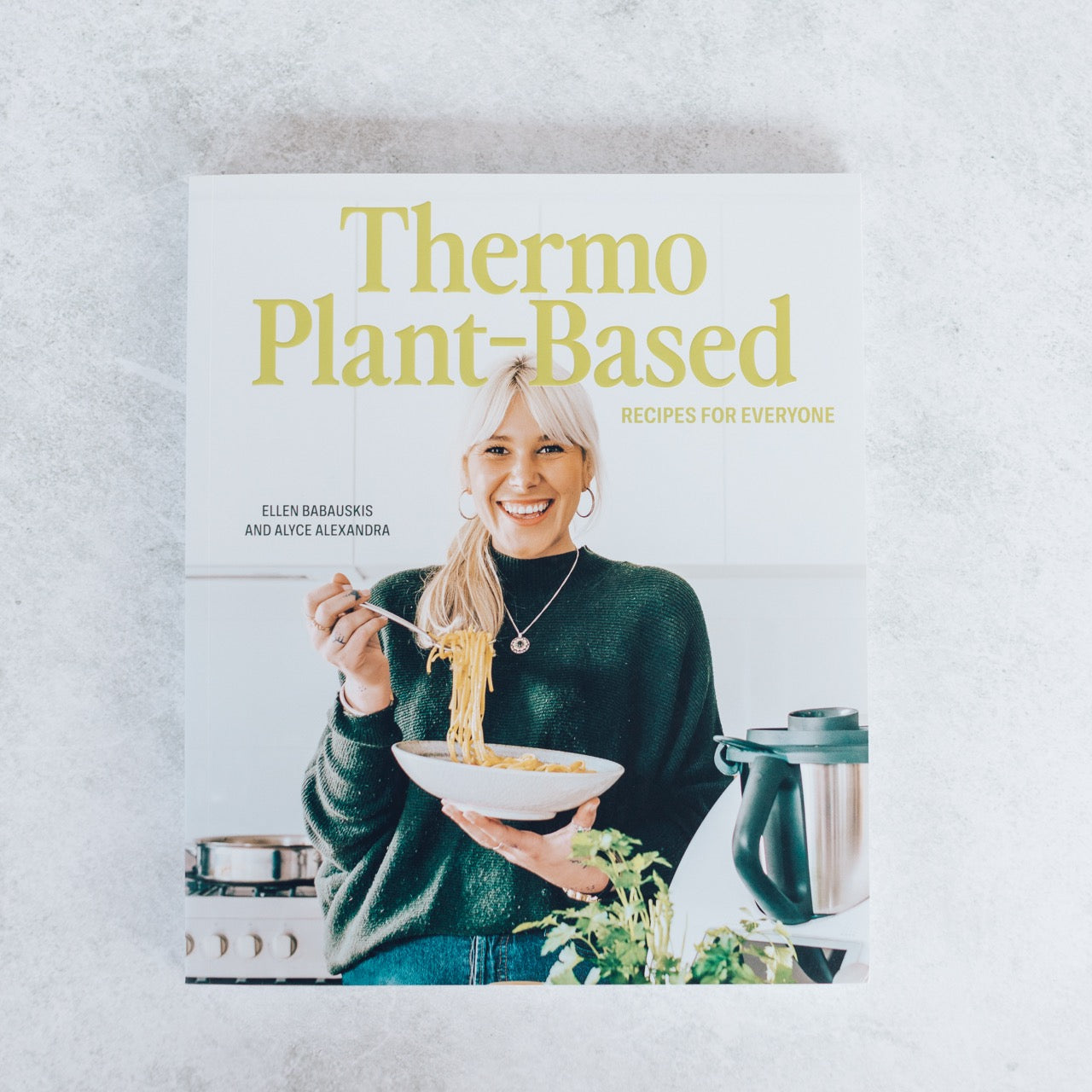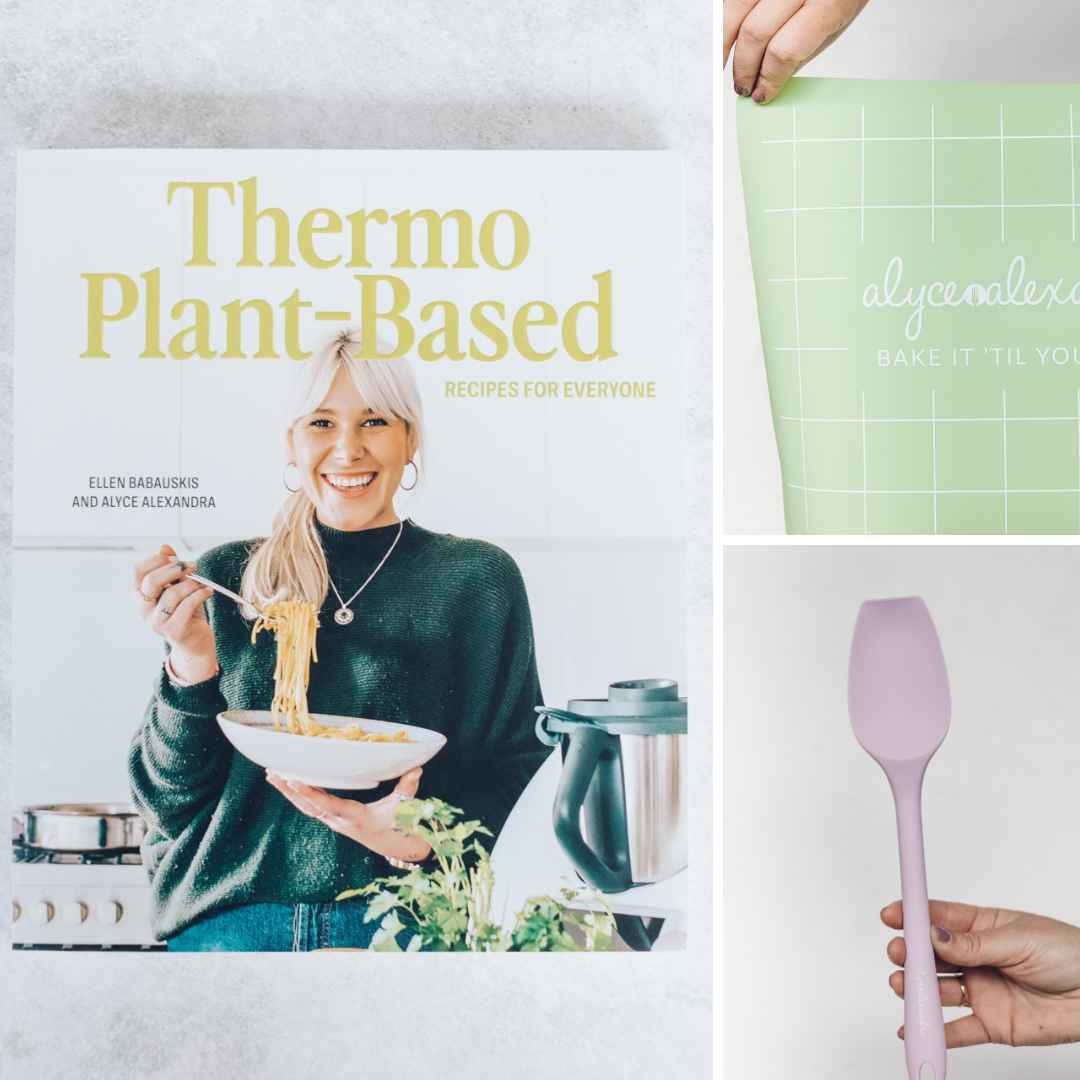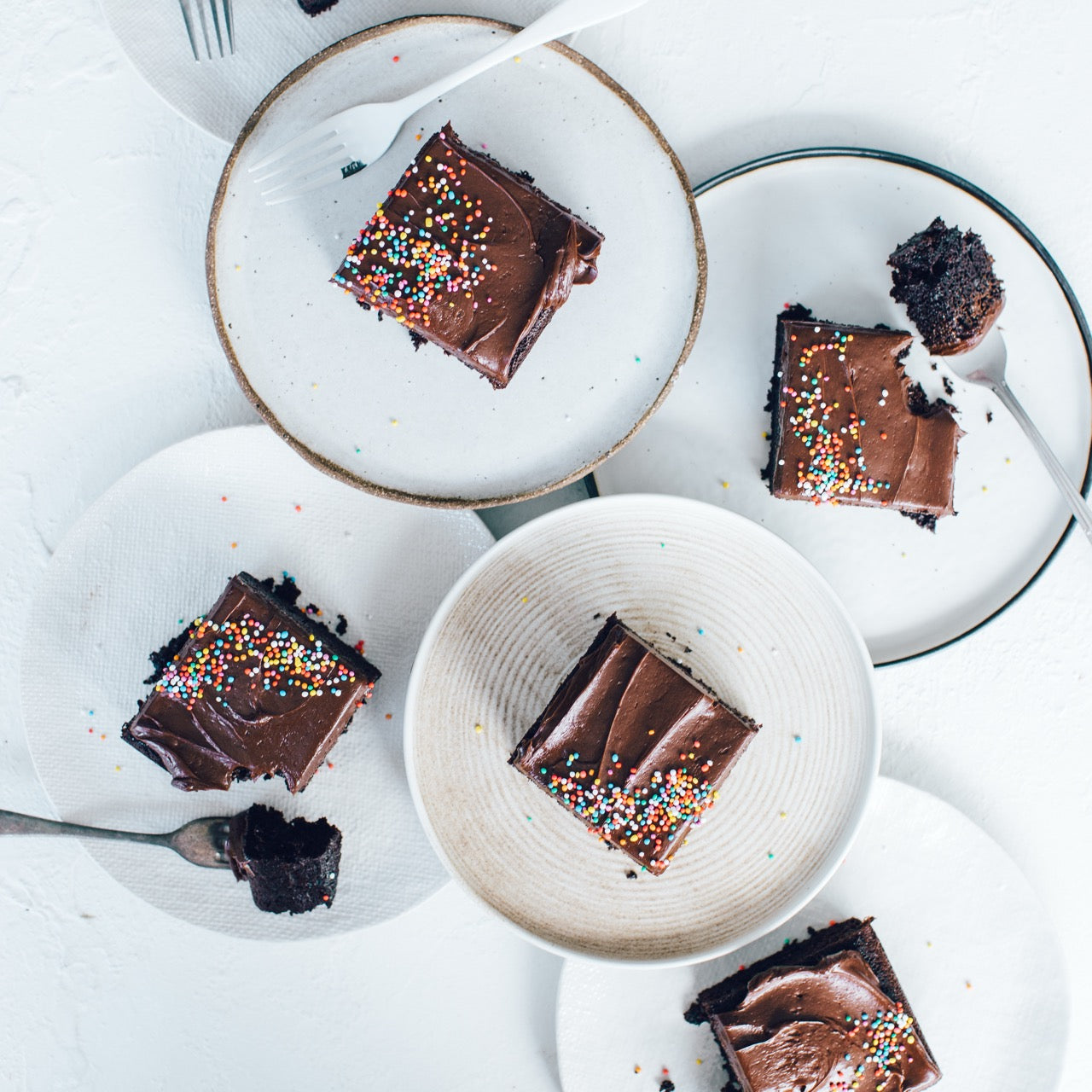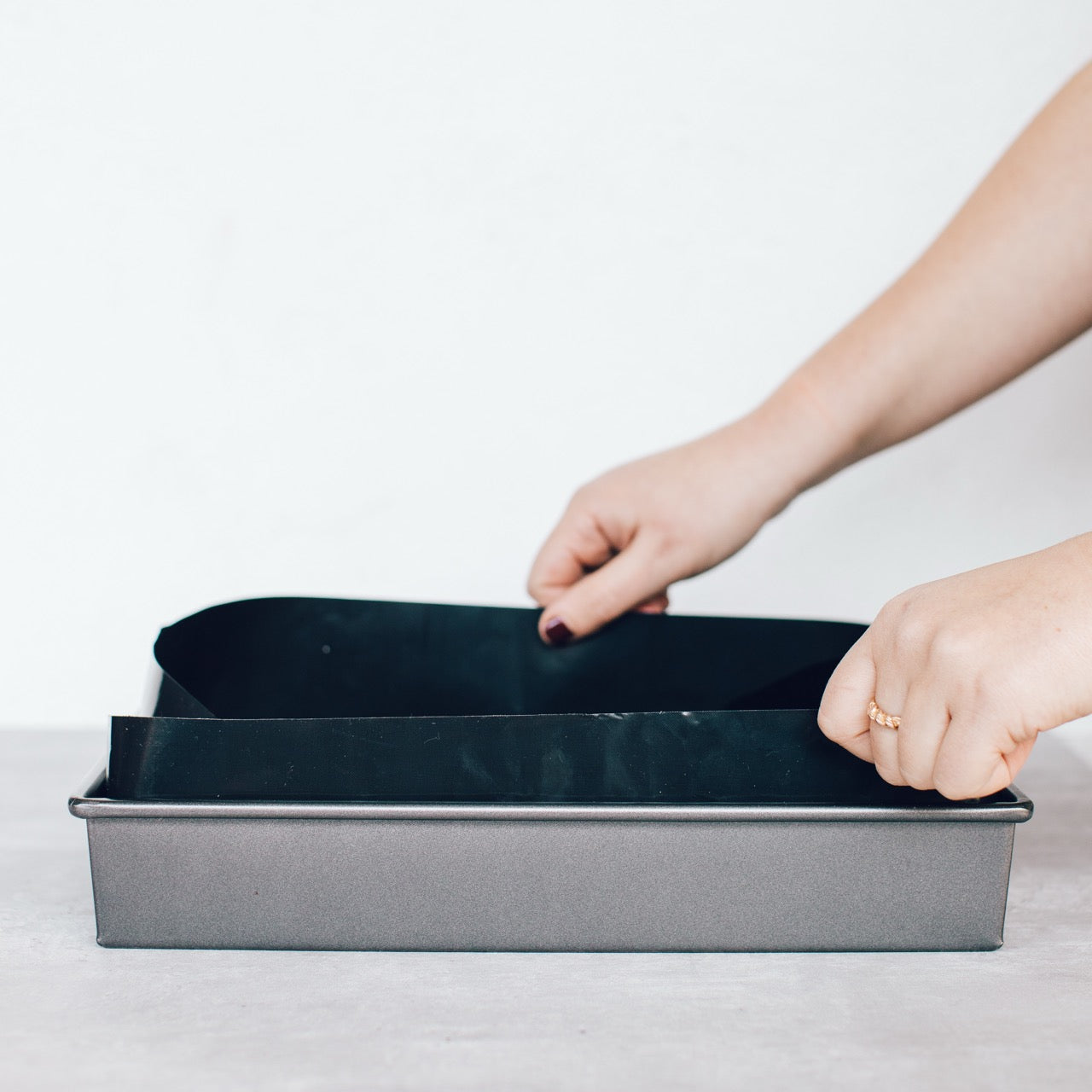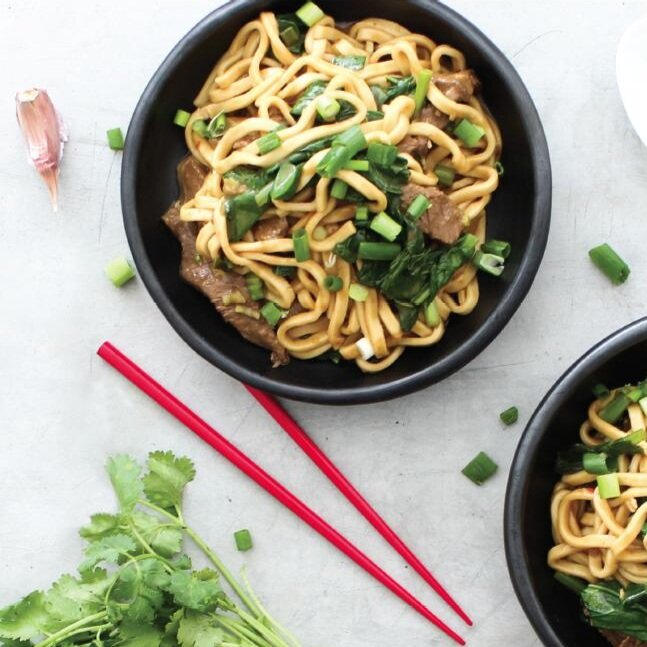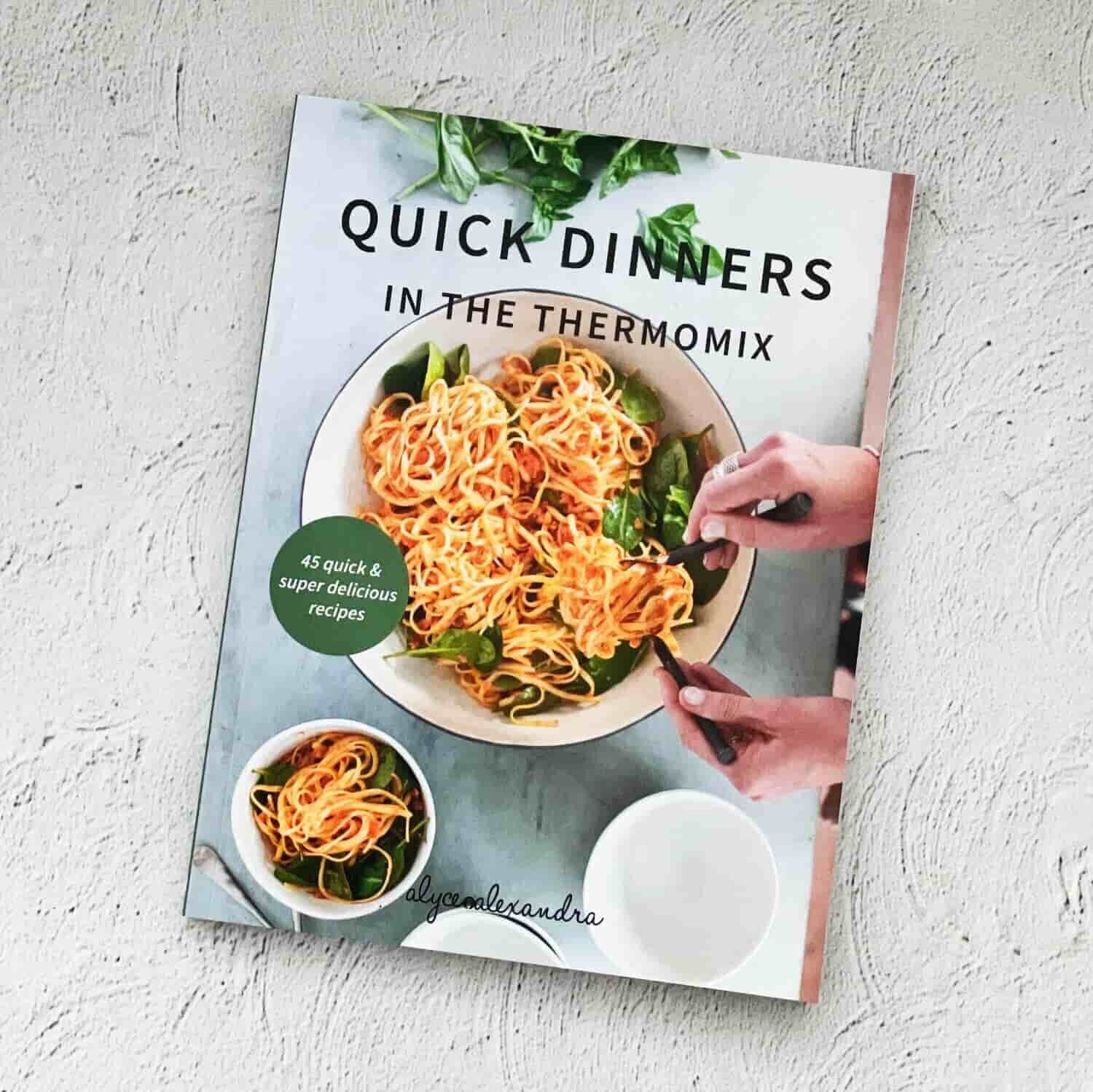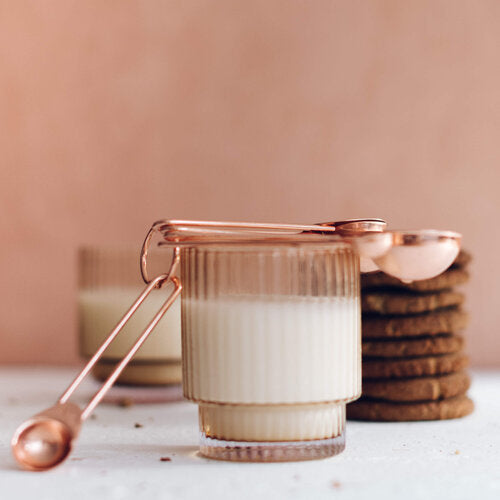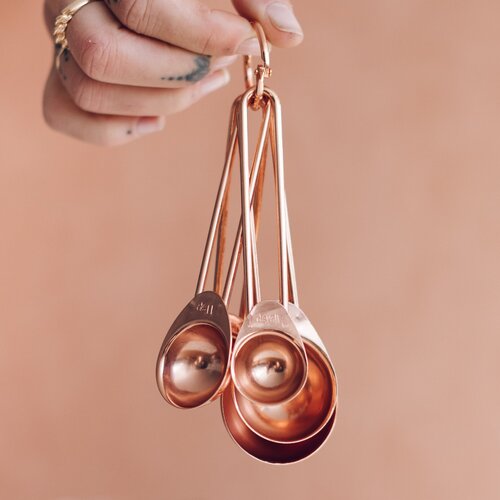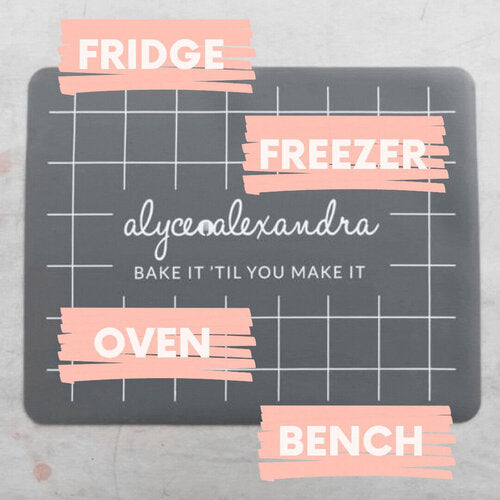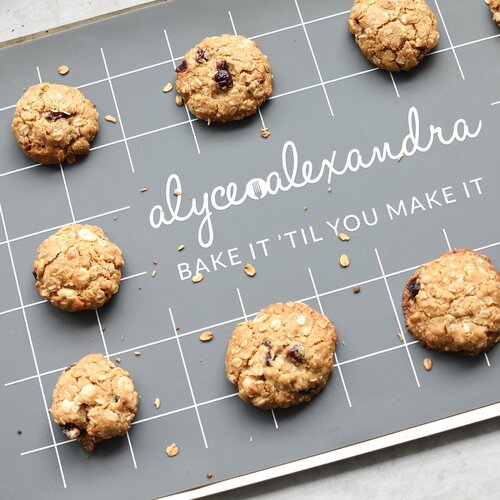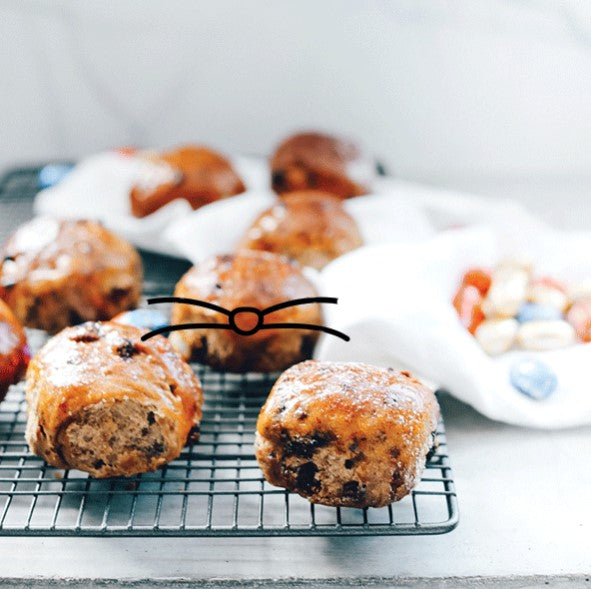Composting is quite literally magic – you can grow food from waste! Rubbish that would otherwise be destined for landfill can be broken down and used as a rich soil to grow nutrient-dense food, all in your home garden. Think about the celery tops, the potato peels and the egg shells you put in the bin – these all contain valuable nutrients! What a terrible shame for these precious nutrients to rot in landfill and not be utilised.
Household waste such as fruit and vegetable scraps, tea bags, coffee grounds, egg shells, egg cartons, paper bags, cardboard boxes, newspapers, scrap paper, toilet roll inserts, tissues, paper towel, cut flowers and paper coffee cups can all be composted at home and saved from landfill. Imagine how much you could cut down your rubbish?
At the Alyce Alexandra Cooking School we compost all our food scraps – and boy does it add up! Obviously we are cooking on a larger scale than most, but even in my two-person household we have over 10L of compostable waste every week. That’s over 500L a year. Studies show that approximately 50% of the average household’s waste is organic, and thus could be composted (www.foodwise.com.au).

Compost benefits your plants by improving soil structure, feeding nutrients and protecting against pests and diseases. This in turn benefits the health of your family and the environment as the plants grown are more nutritious and delicious (for edible plants), vibrant, and often do not require the use of synthetic fertilisers, pesticides and fungicides.
Even if you don’t have a lot of space or a lot of plants, composting is still beneficial. A small compost bin or worm farm in the garage can do wonders to feed house plants and little pots of herbs, whose soil often becomes depleted of nutrients and microbes.
Listen to alyce's garden podcast.


